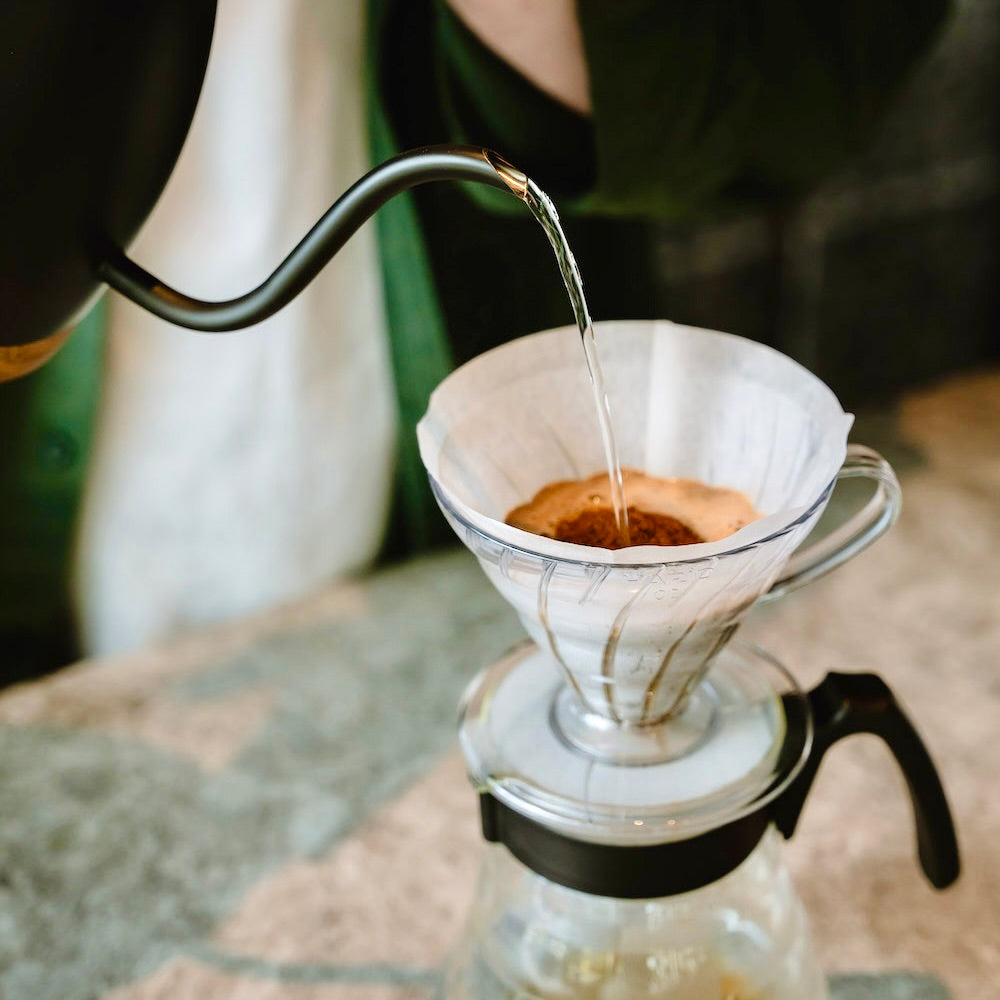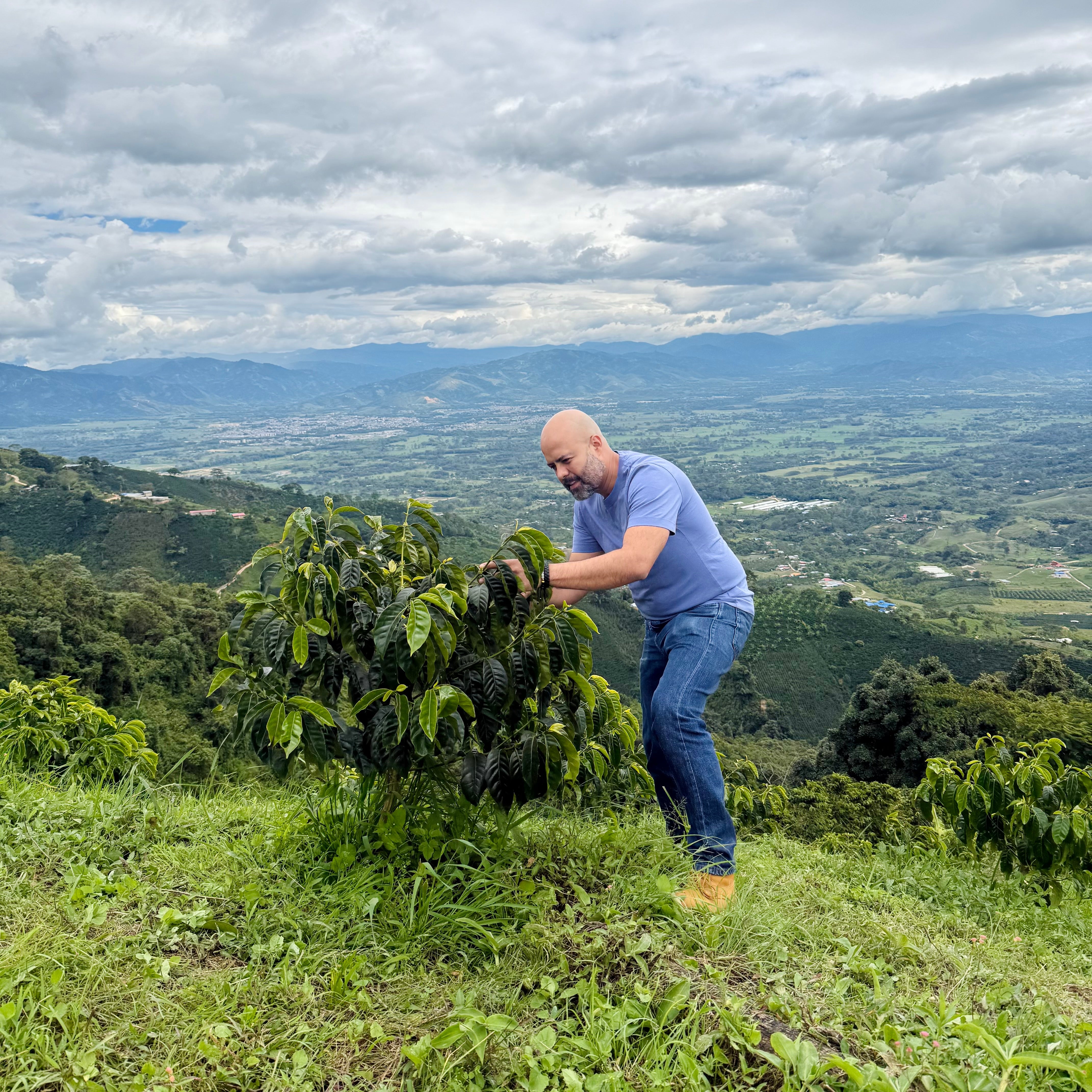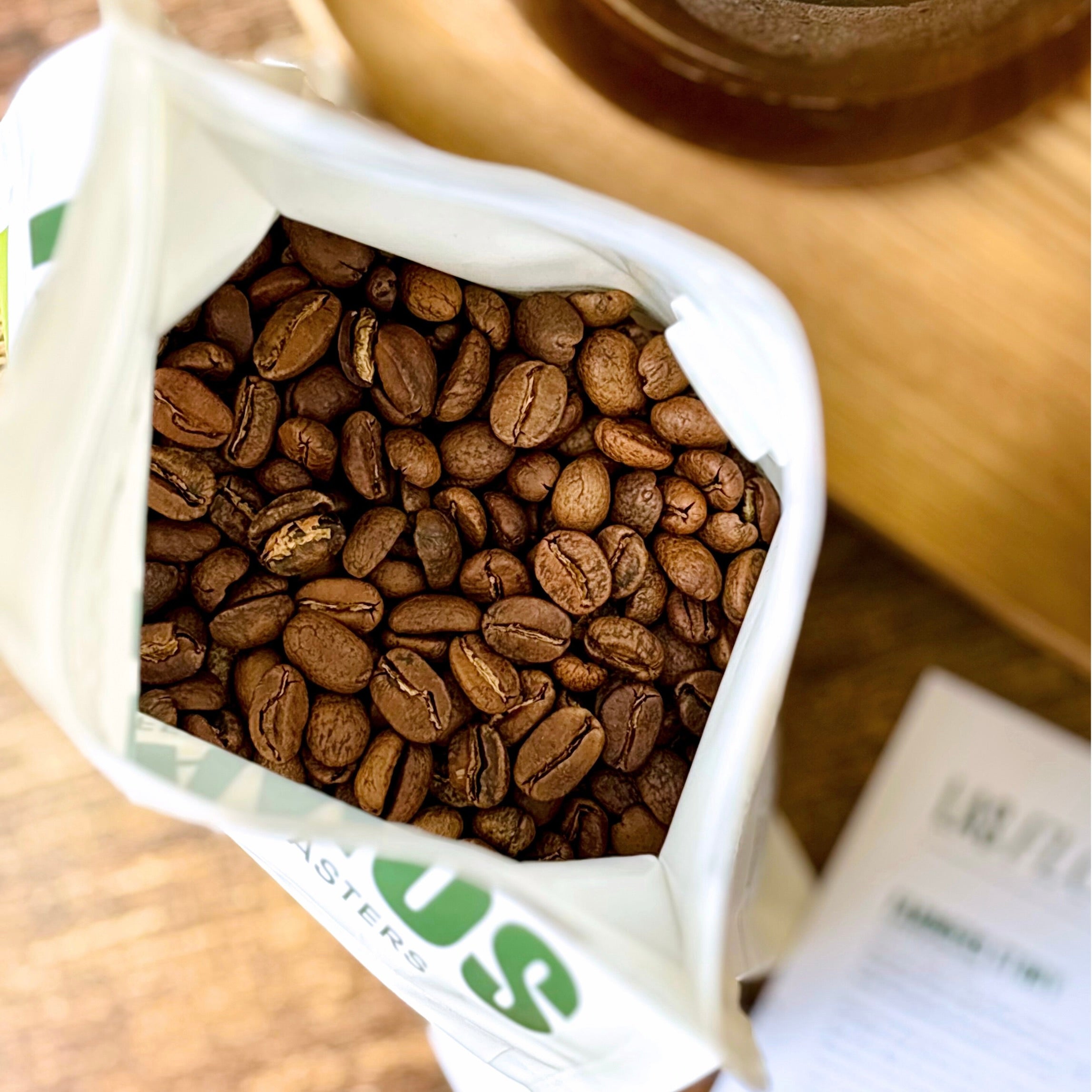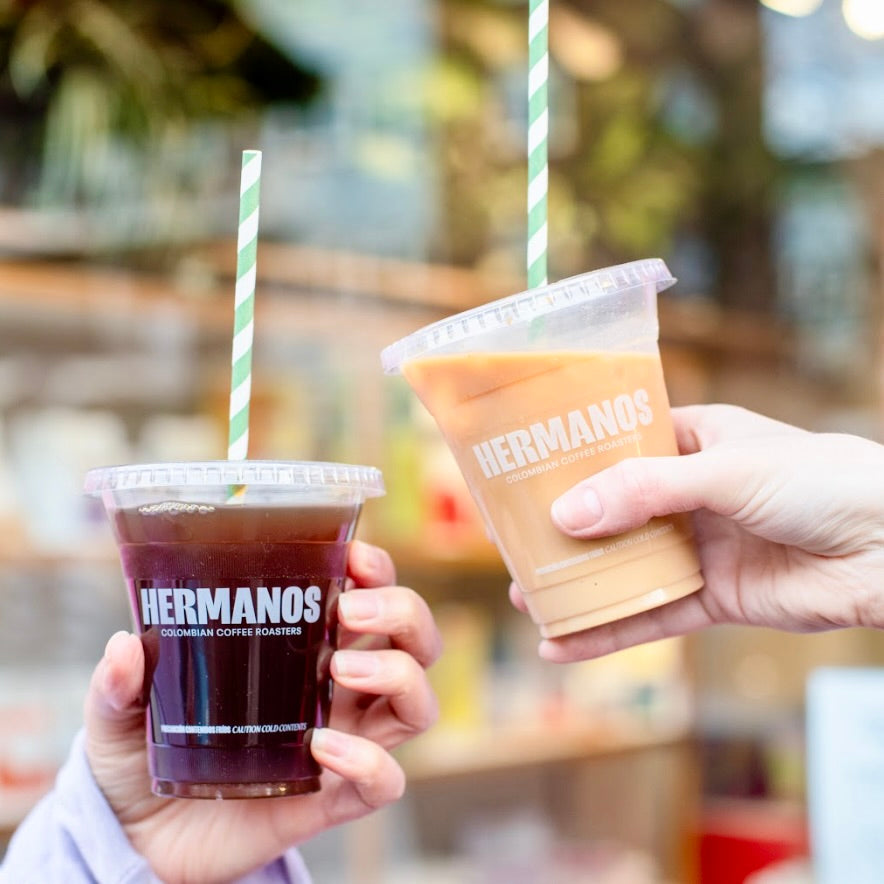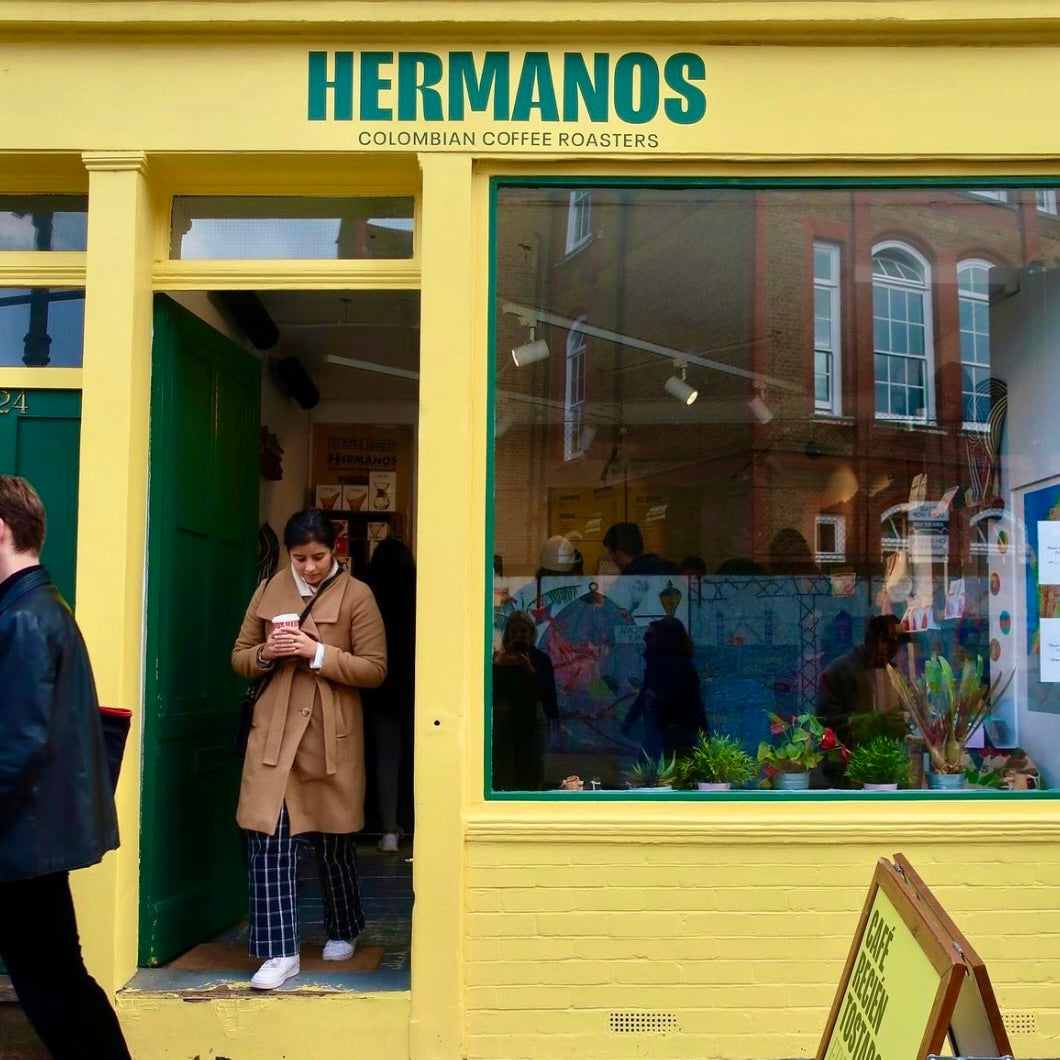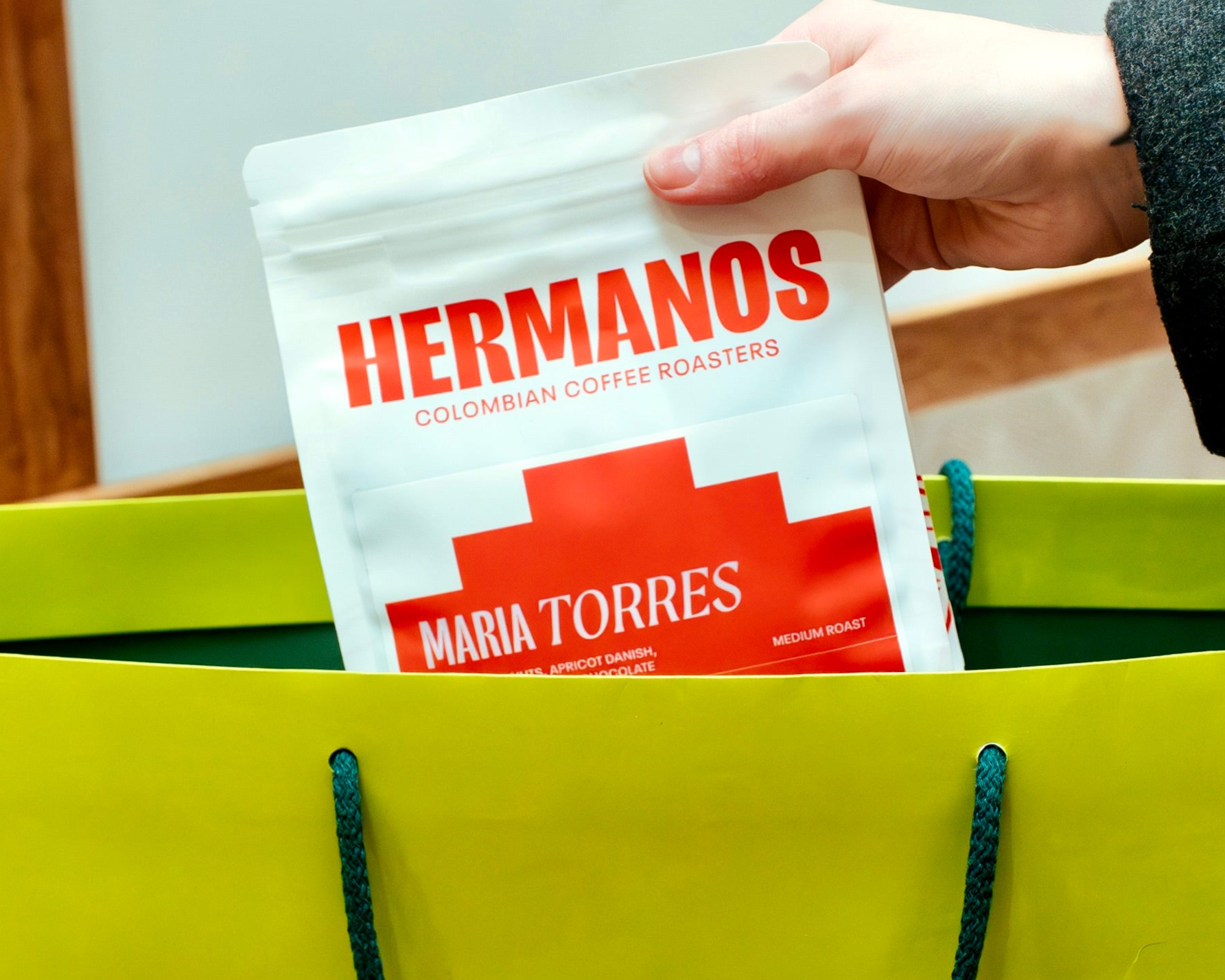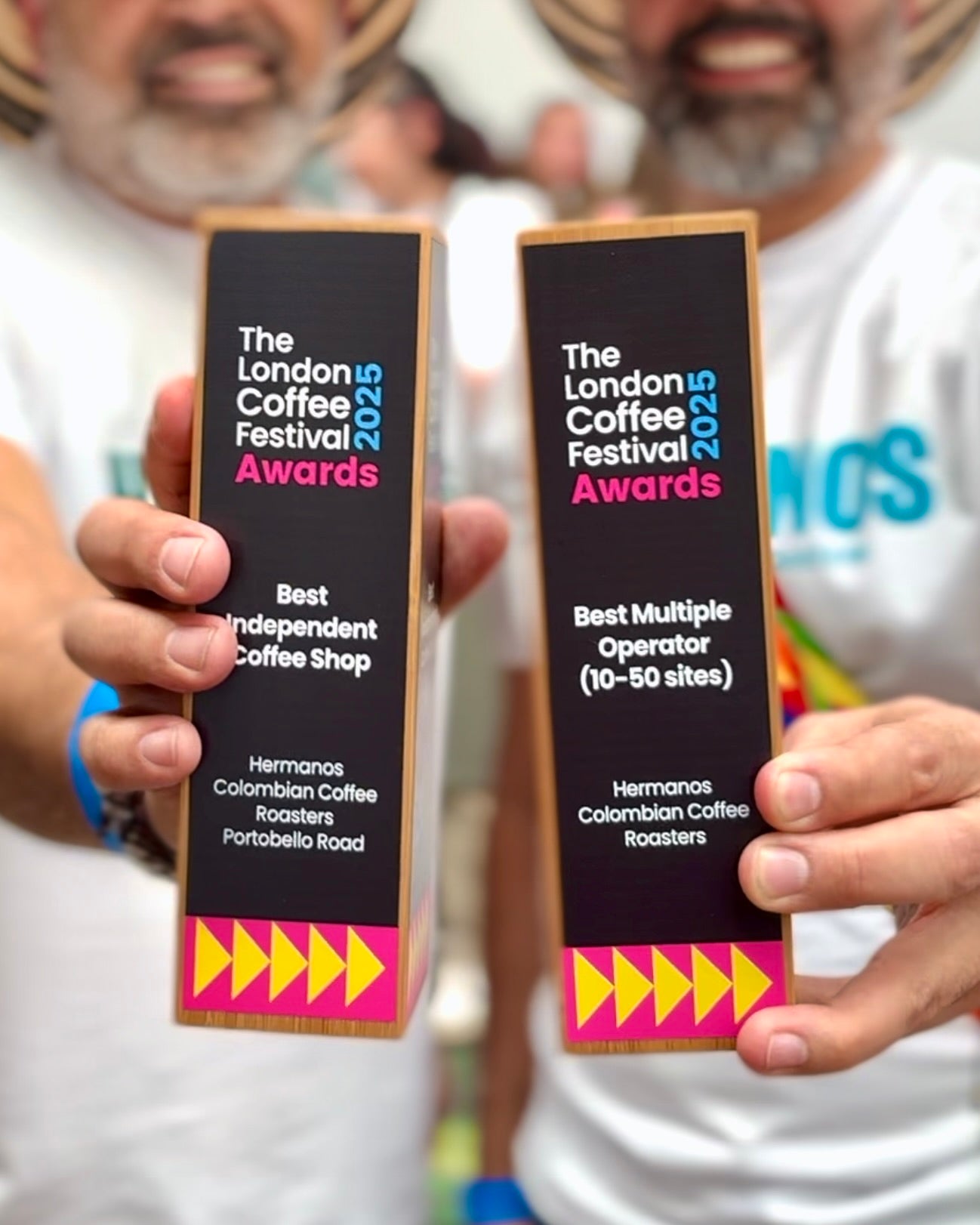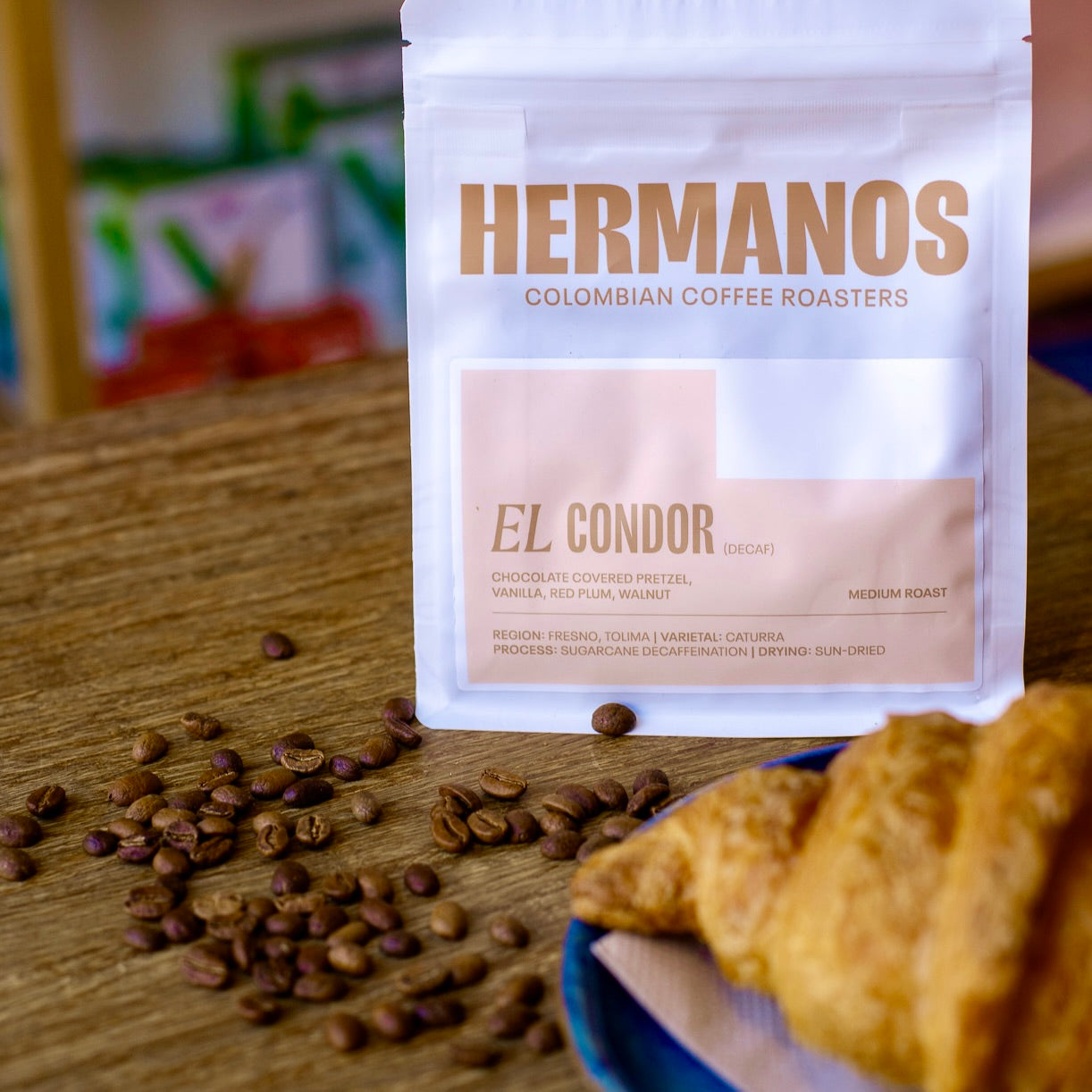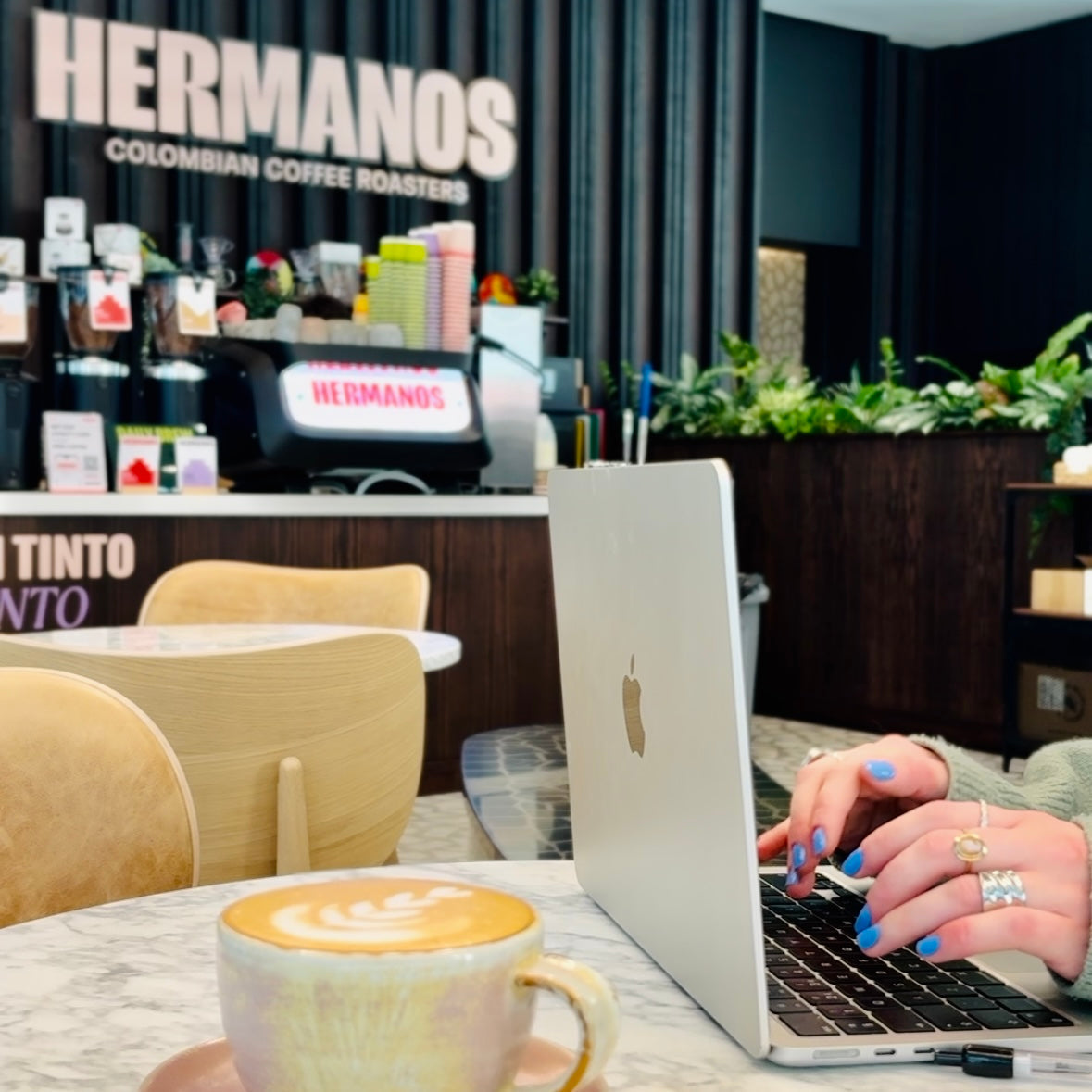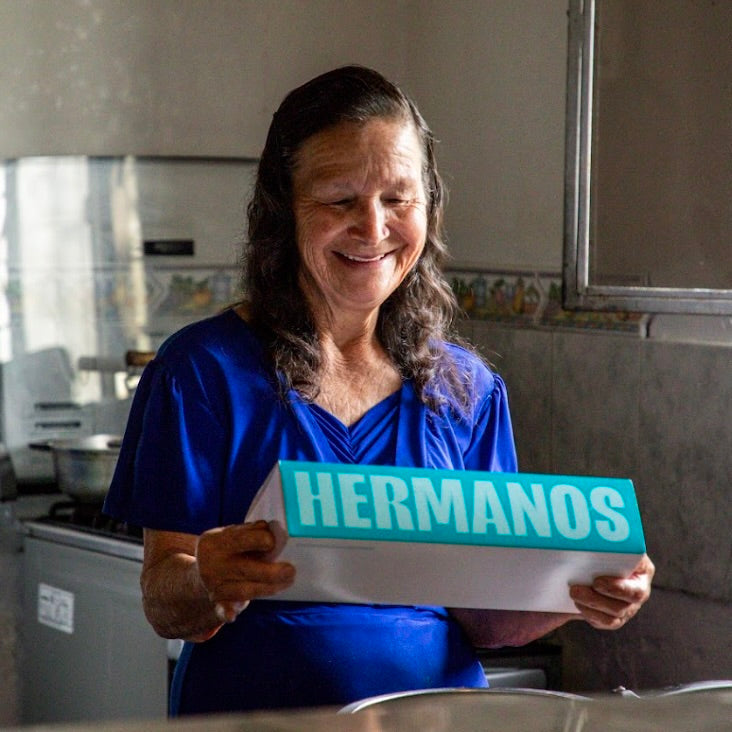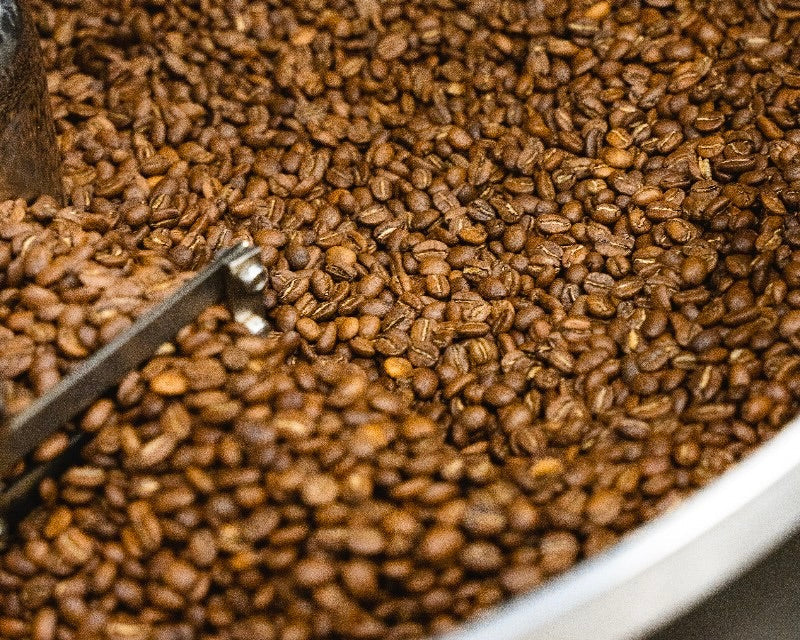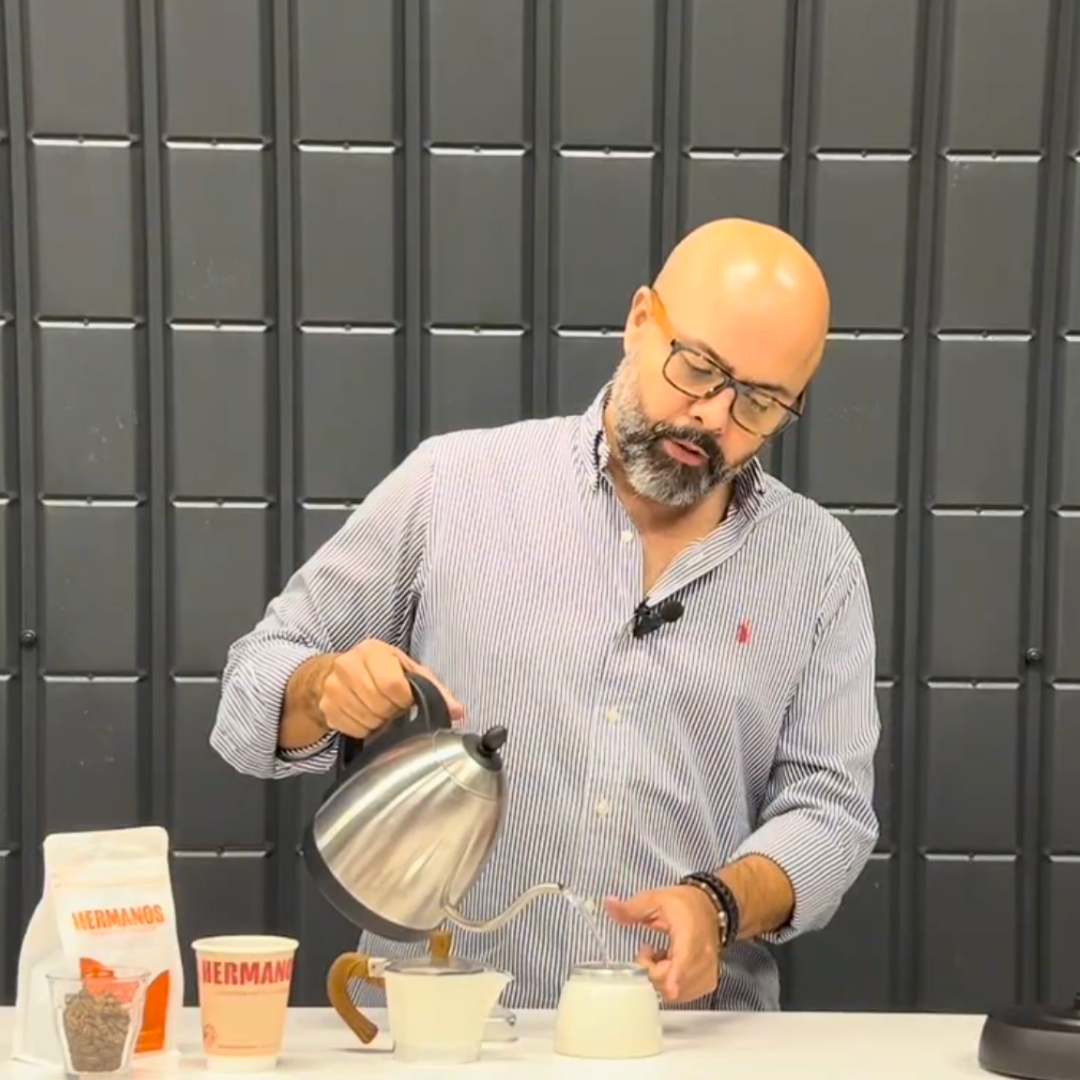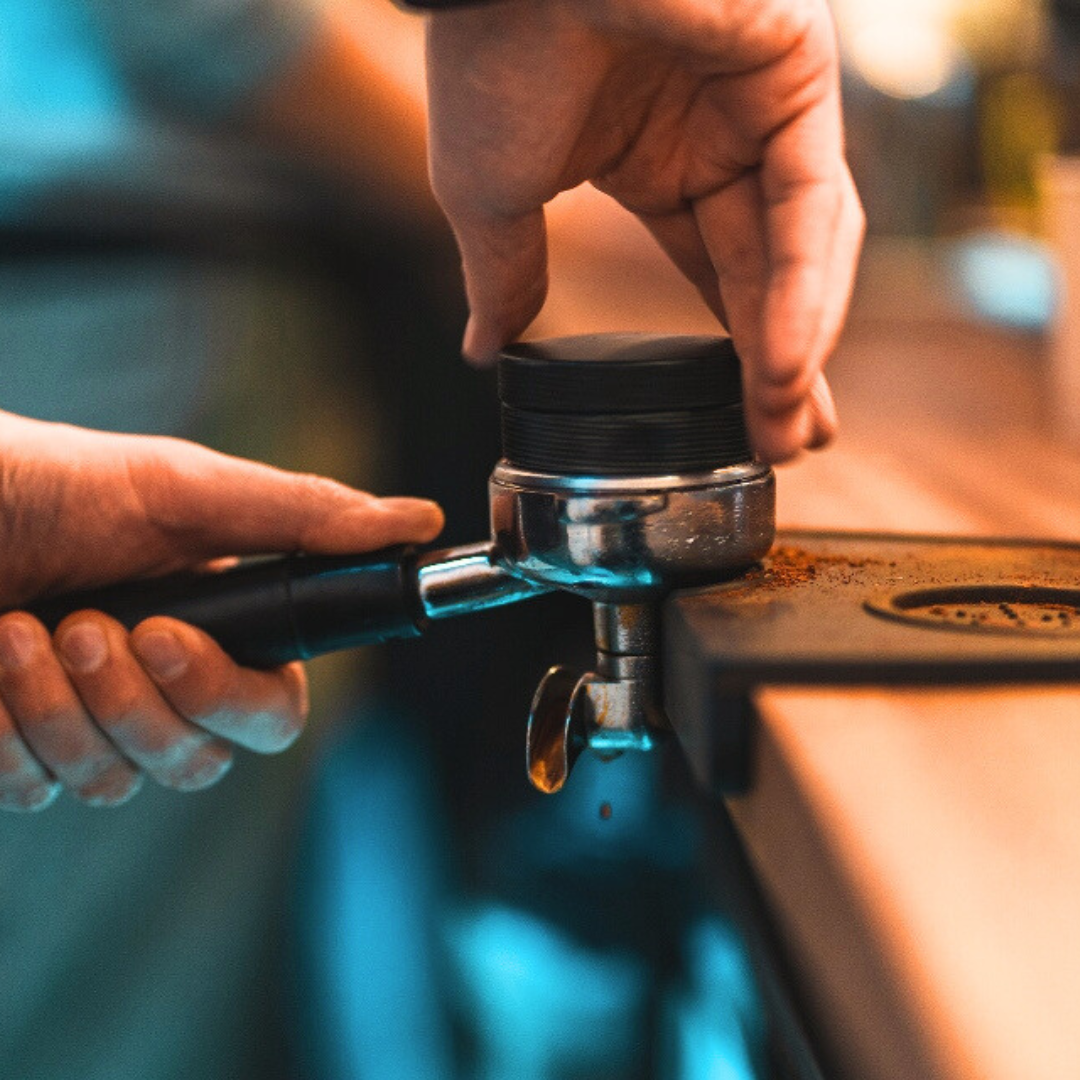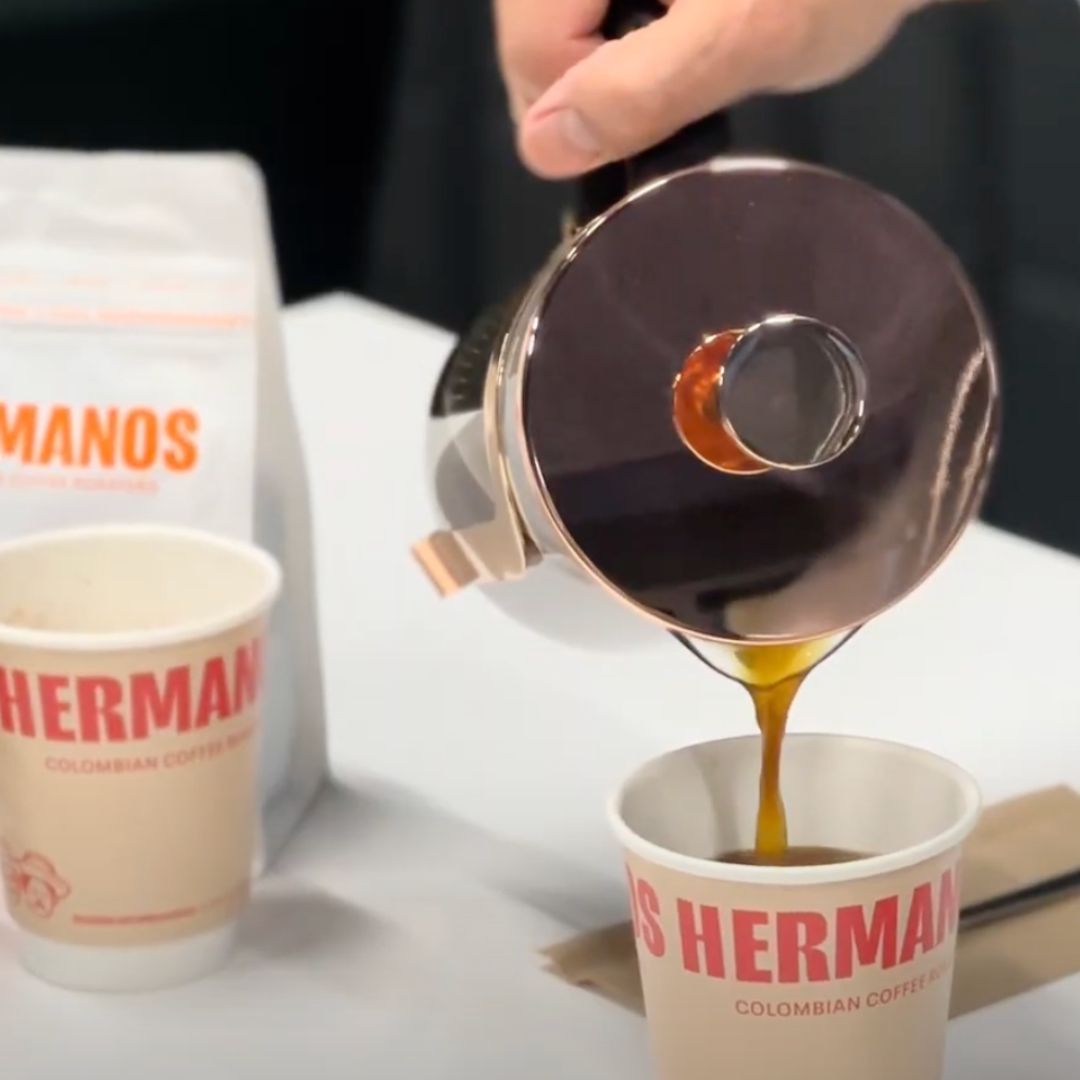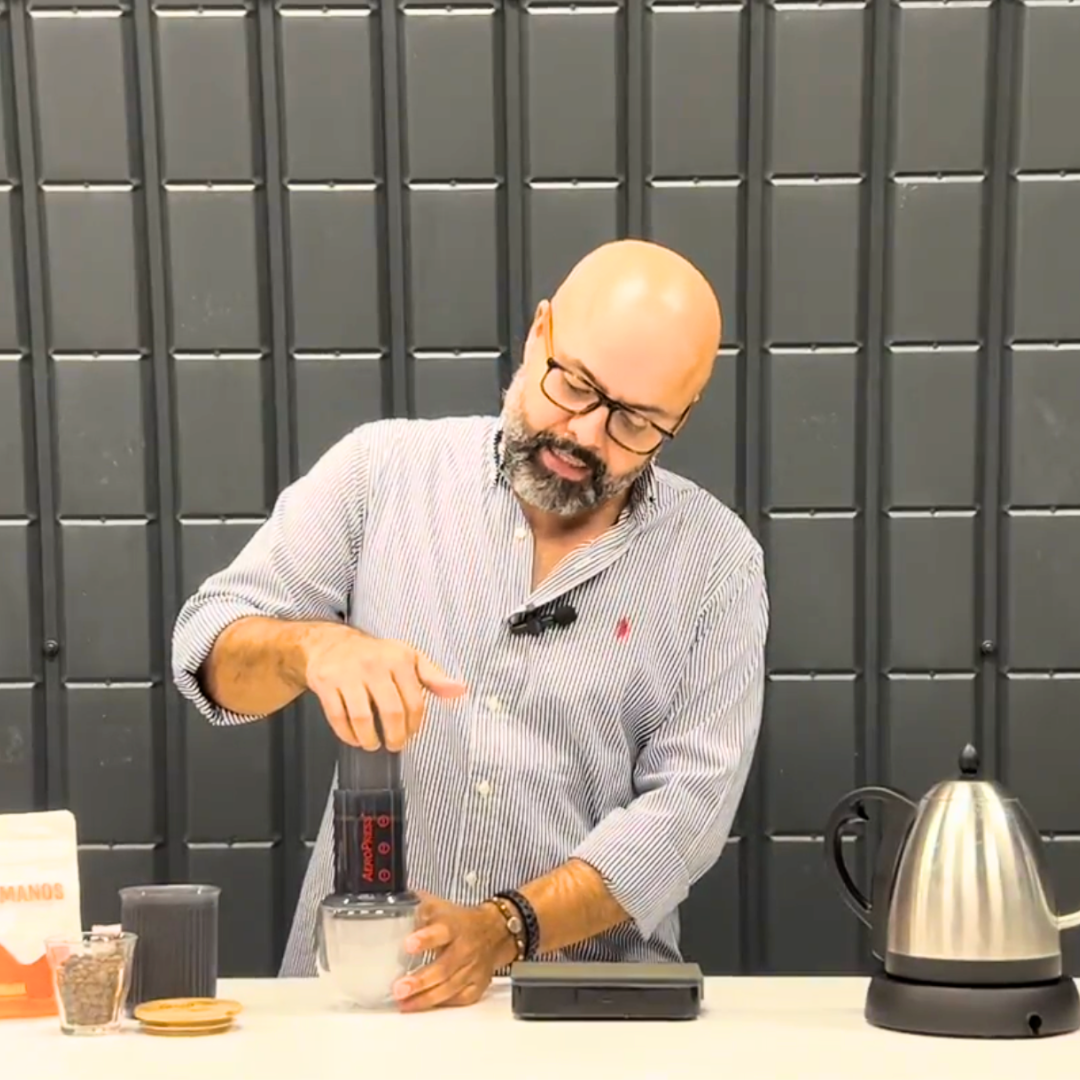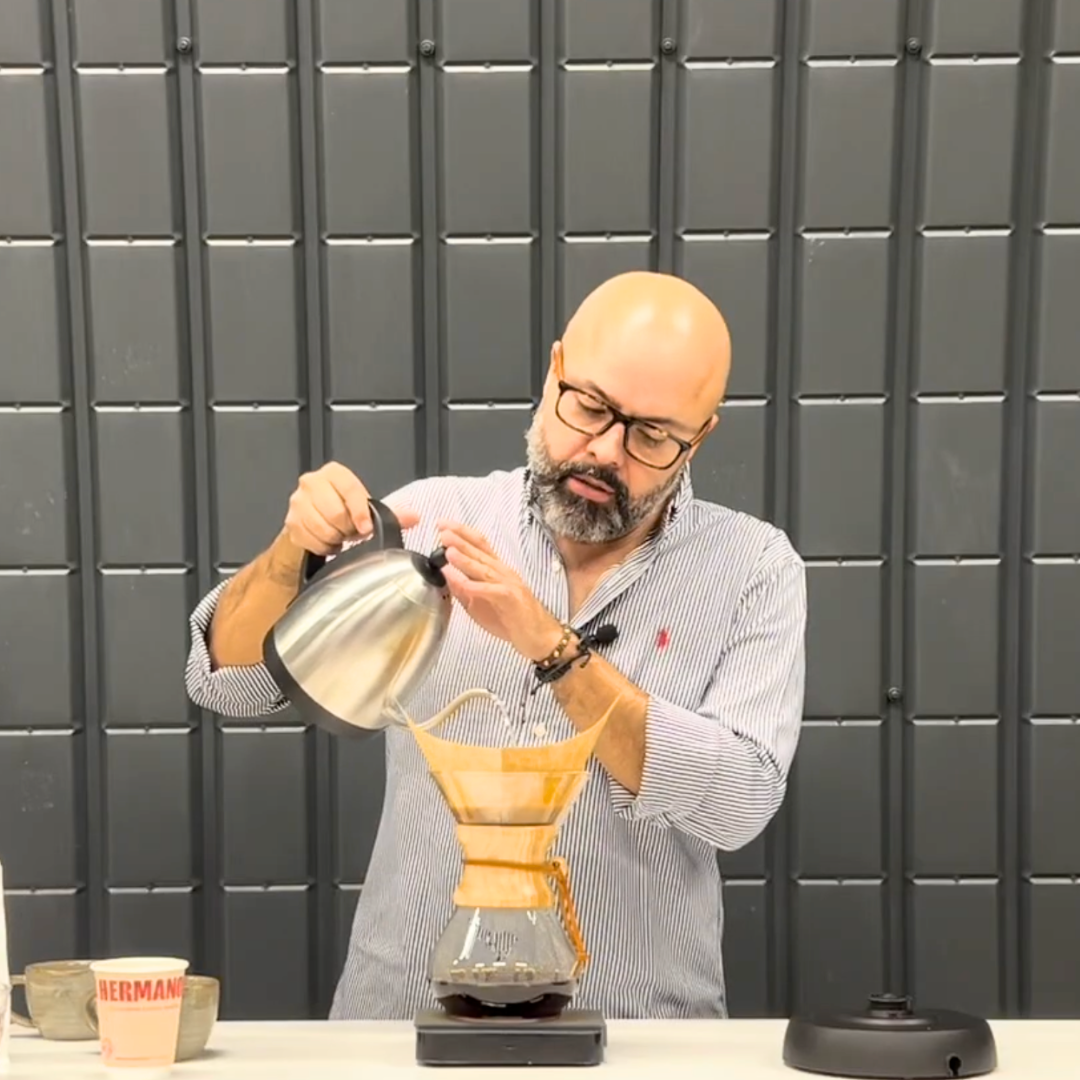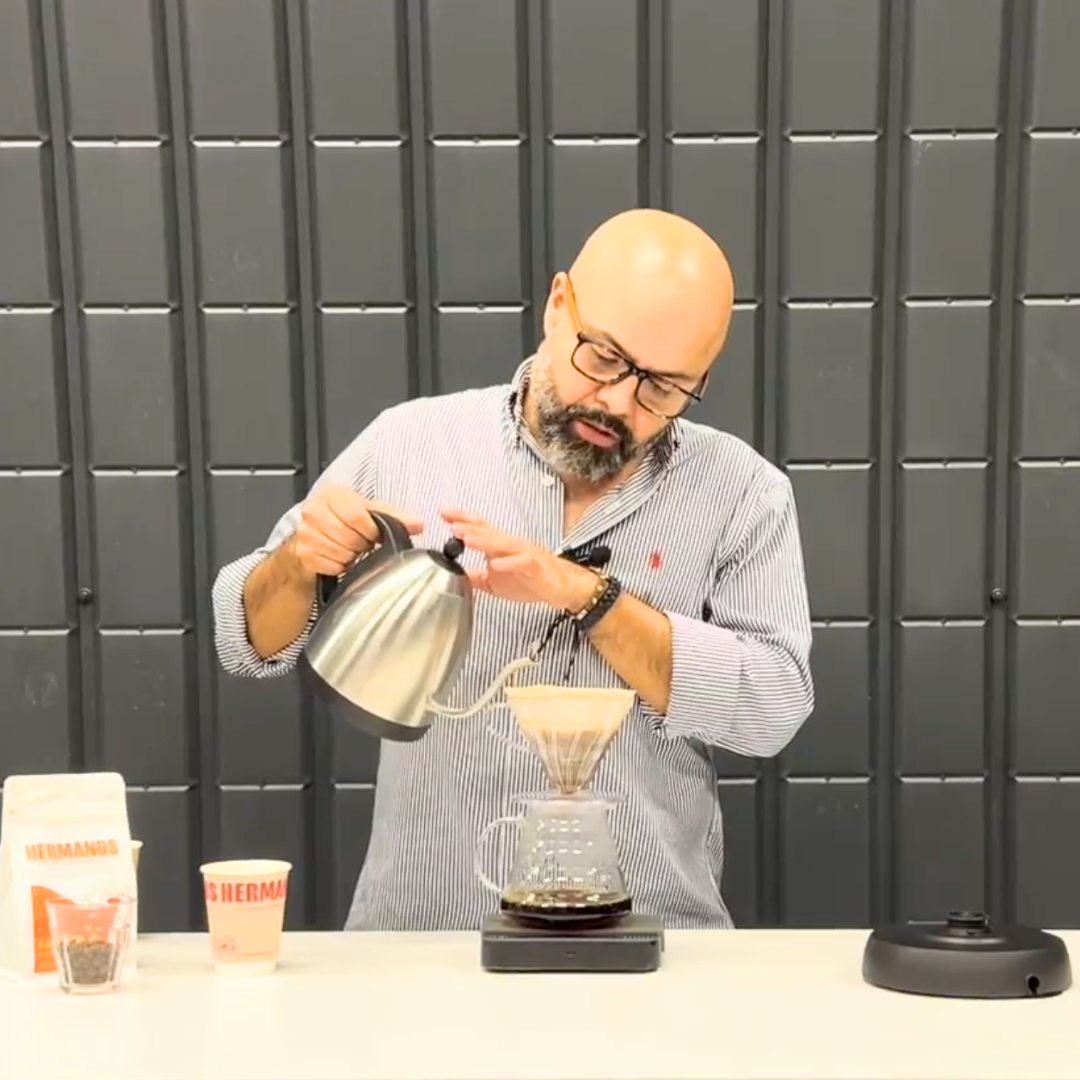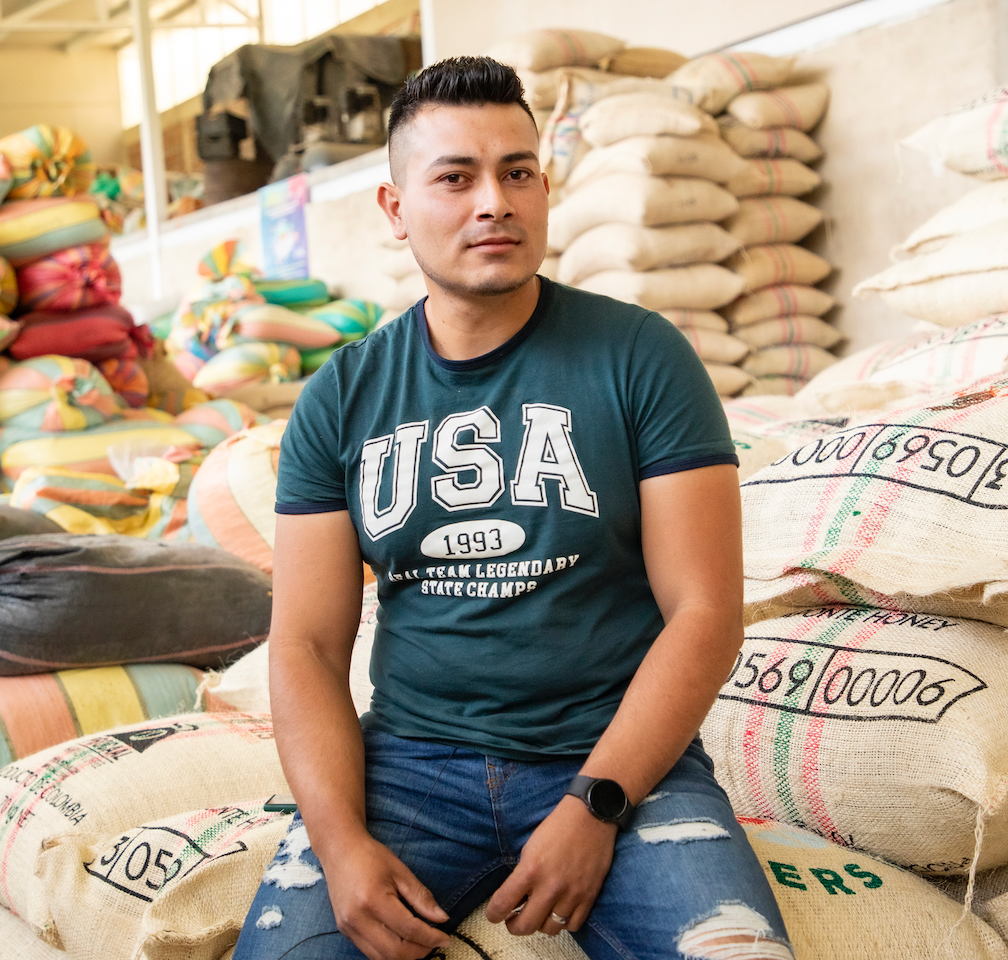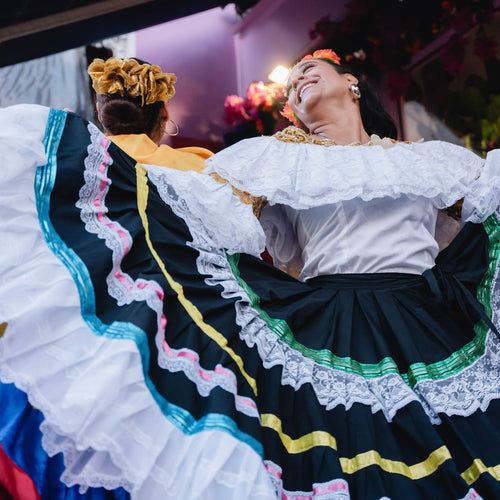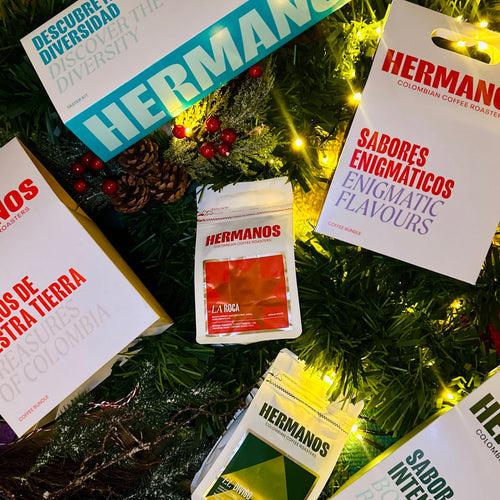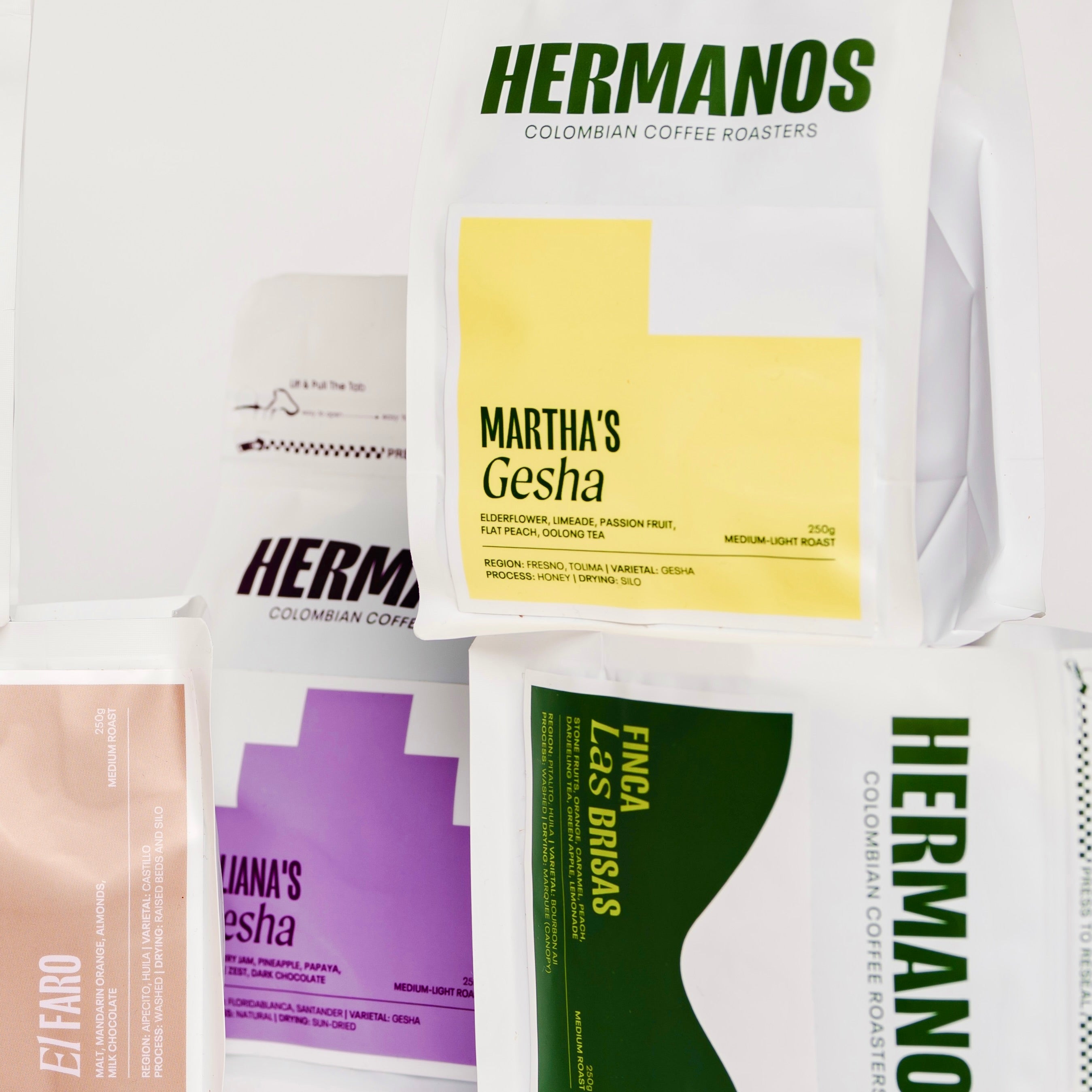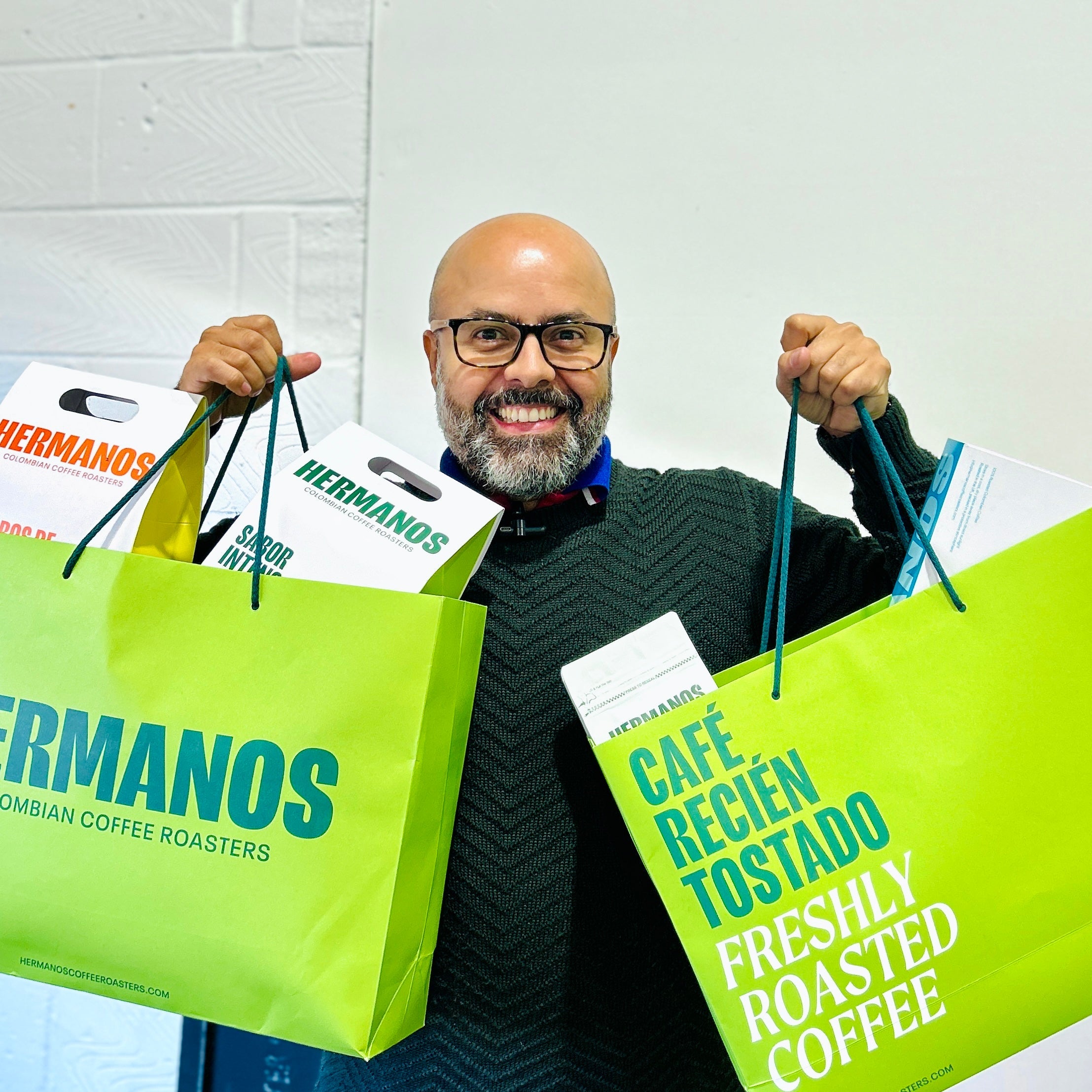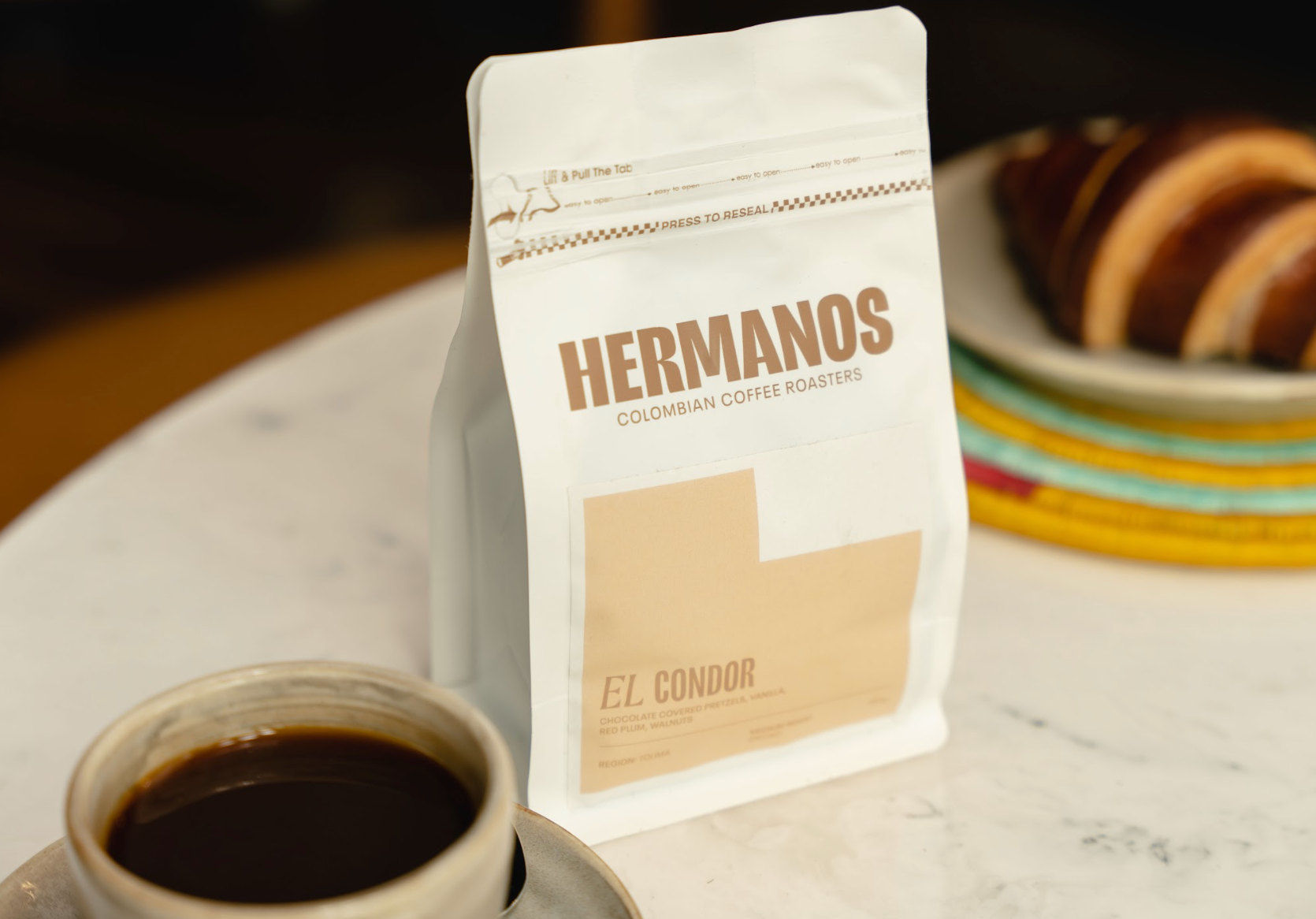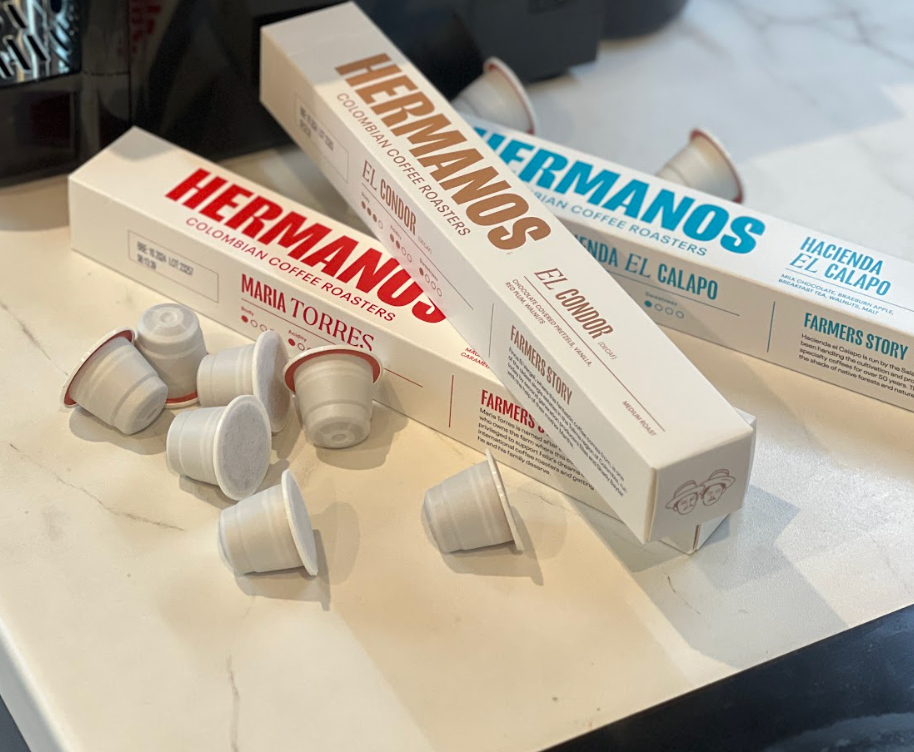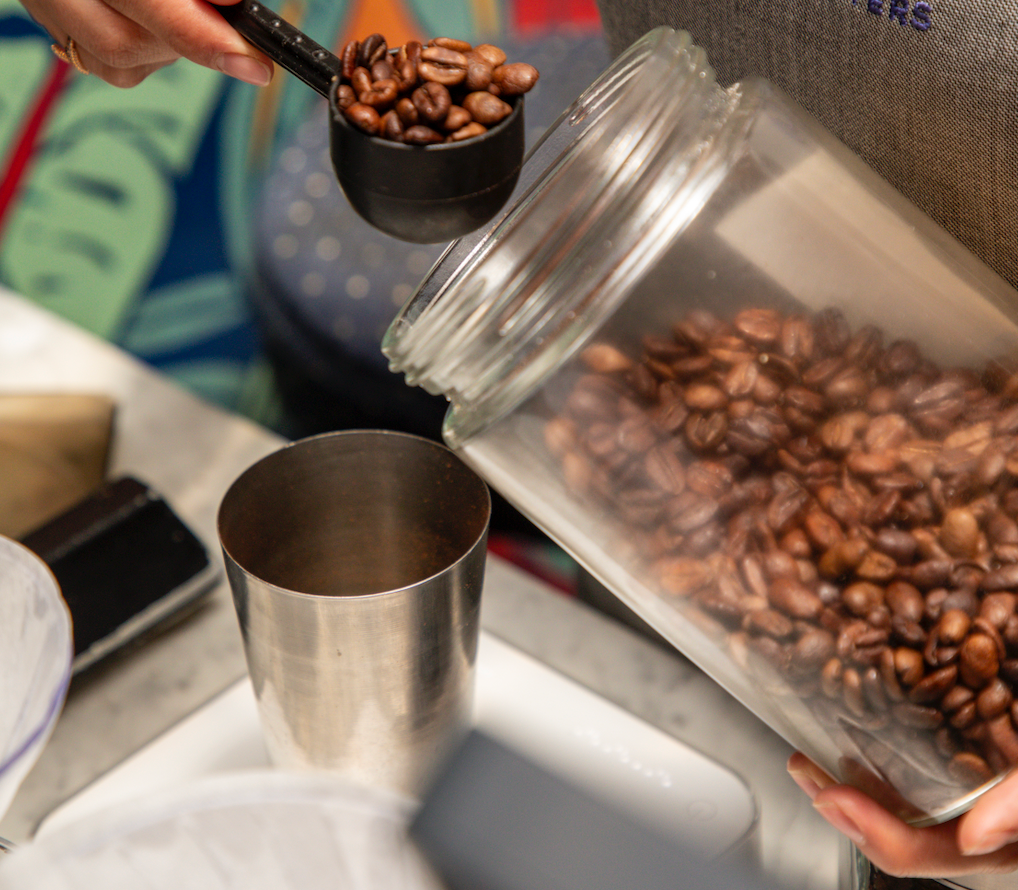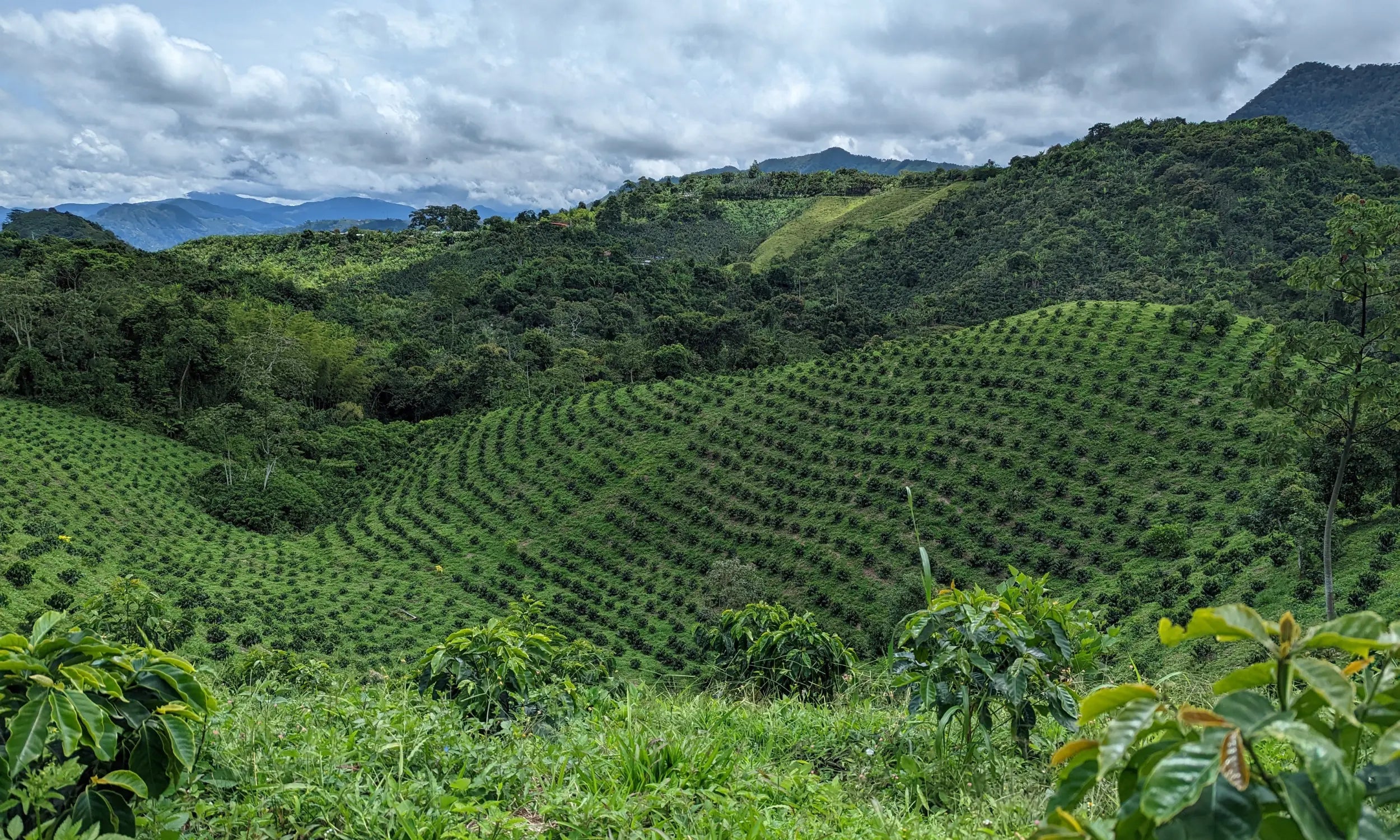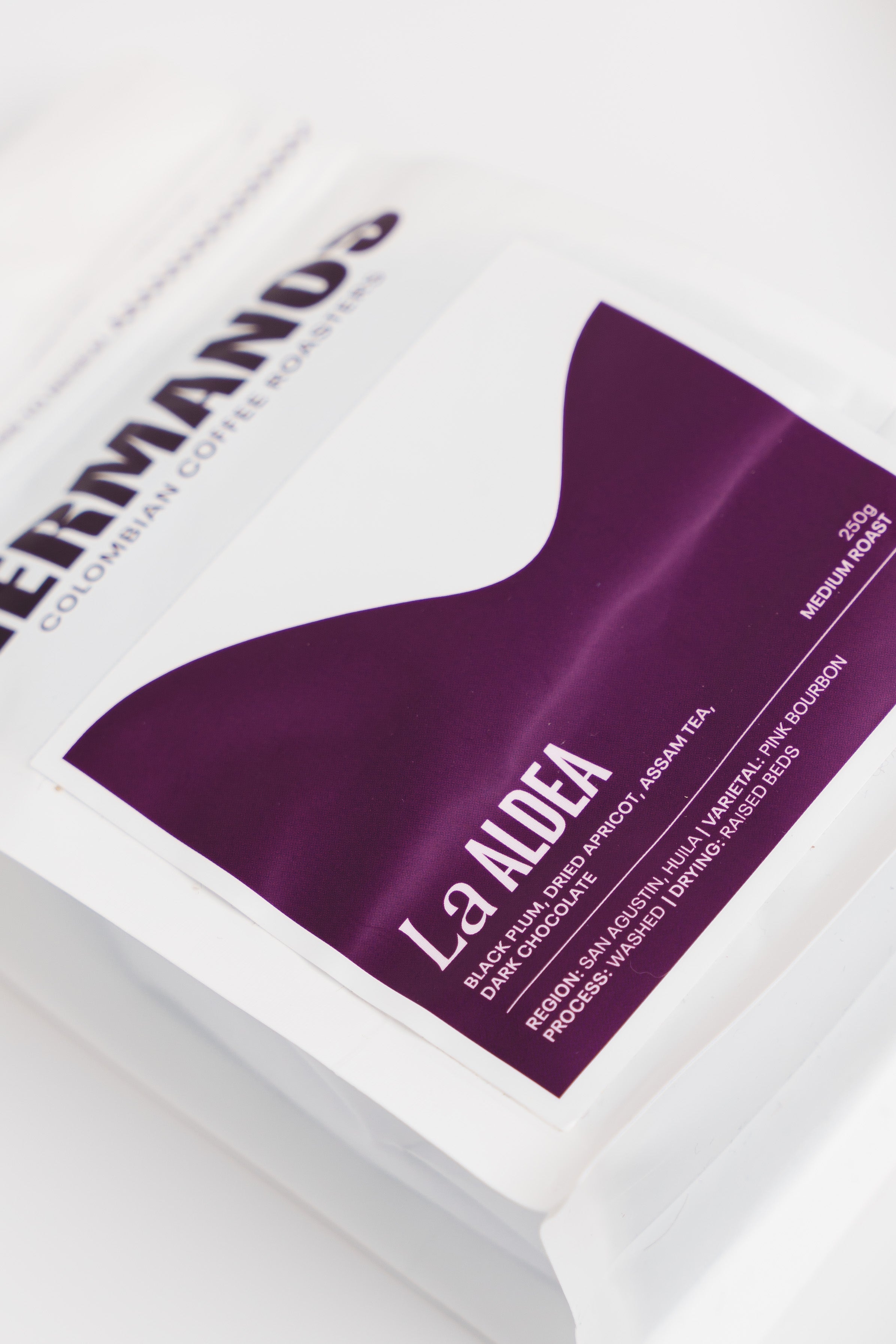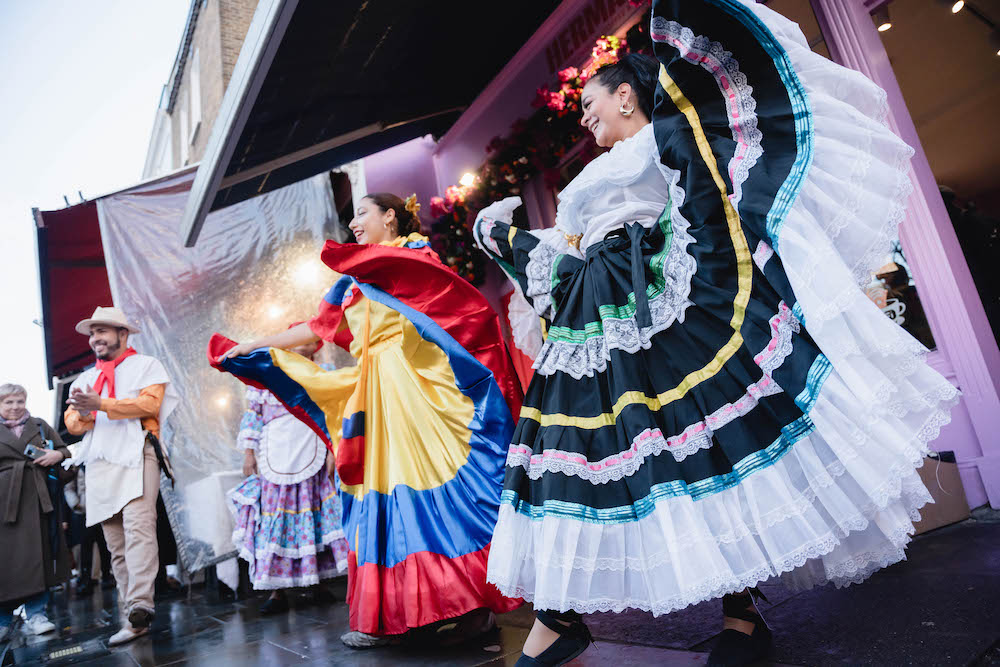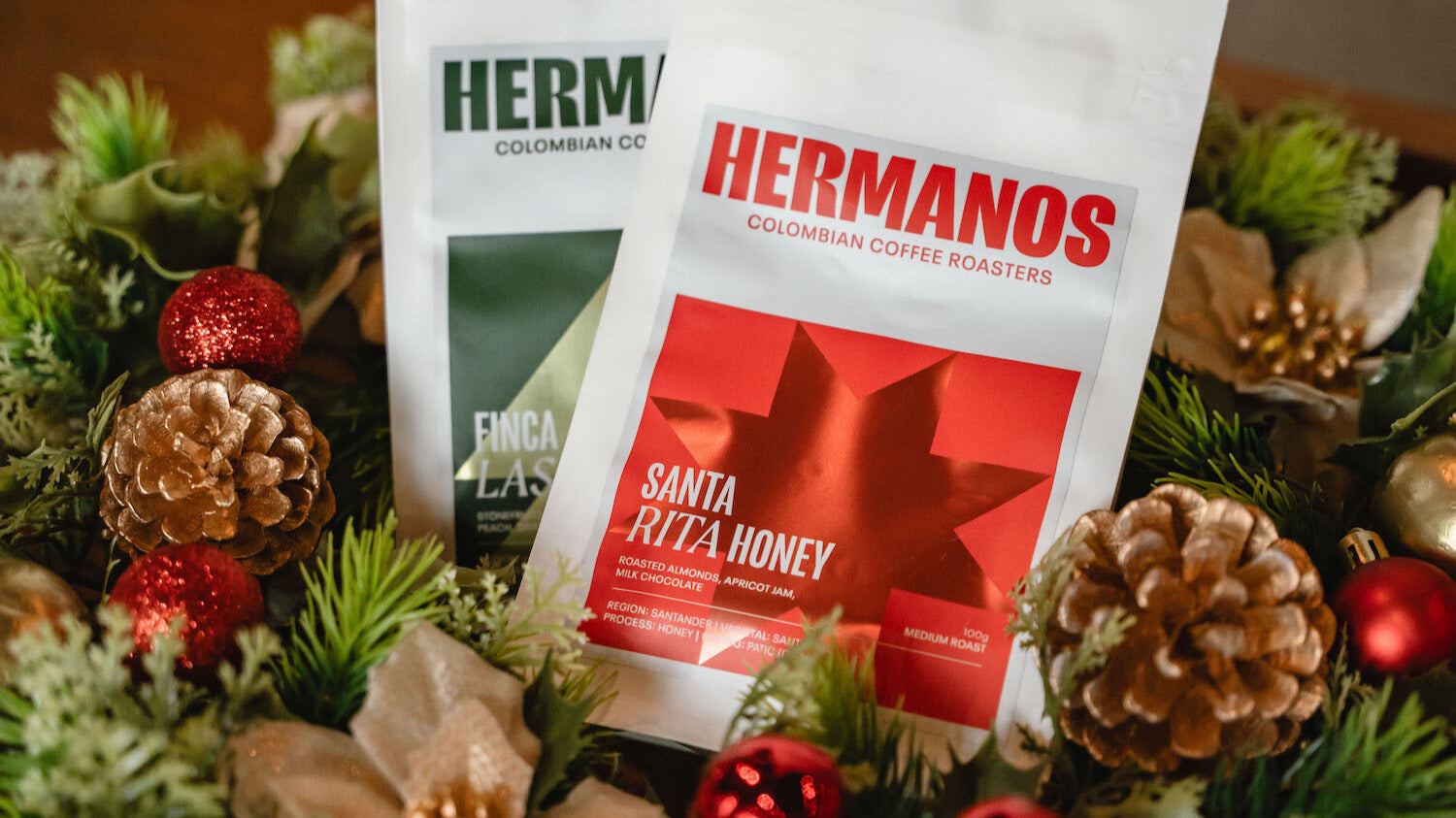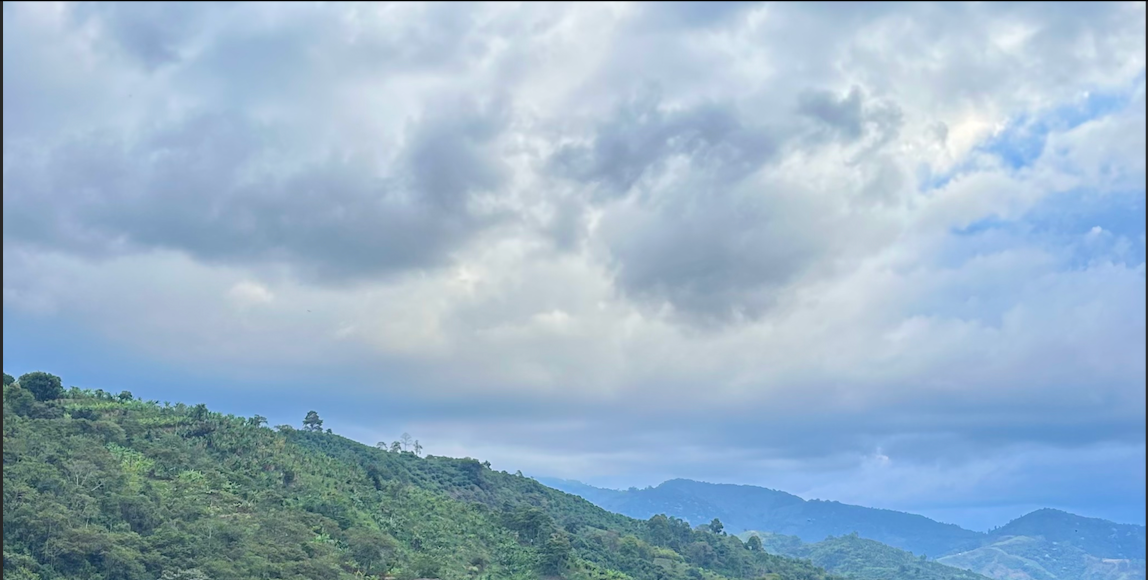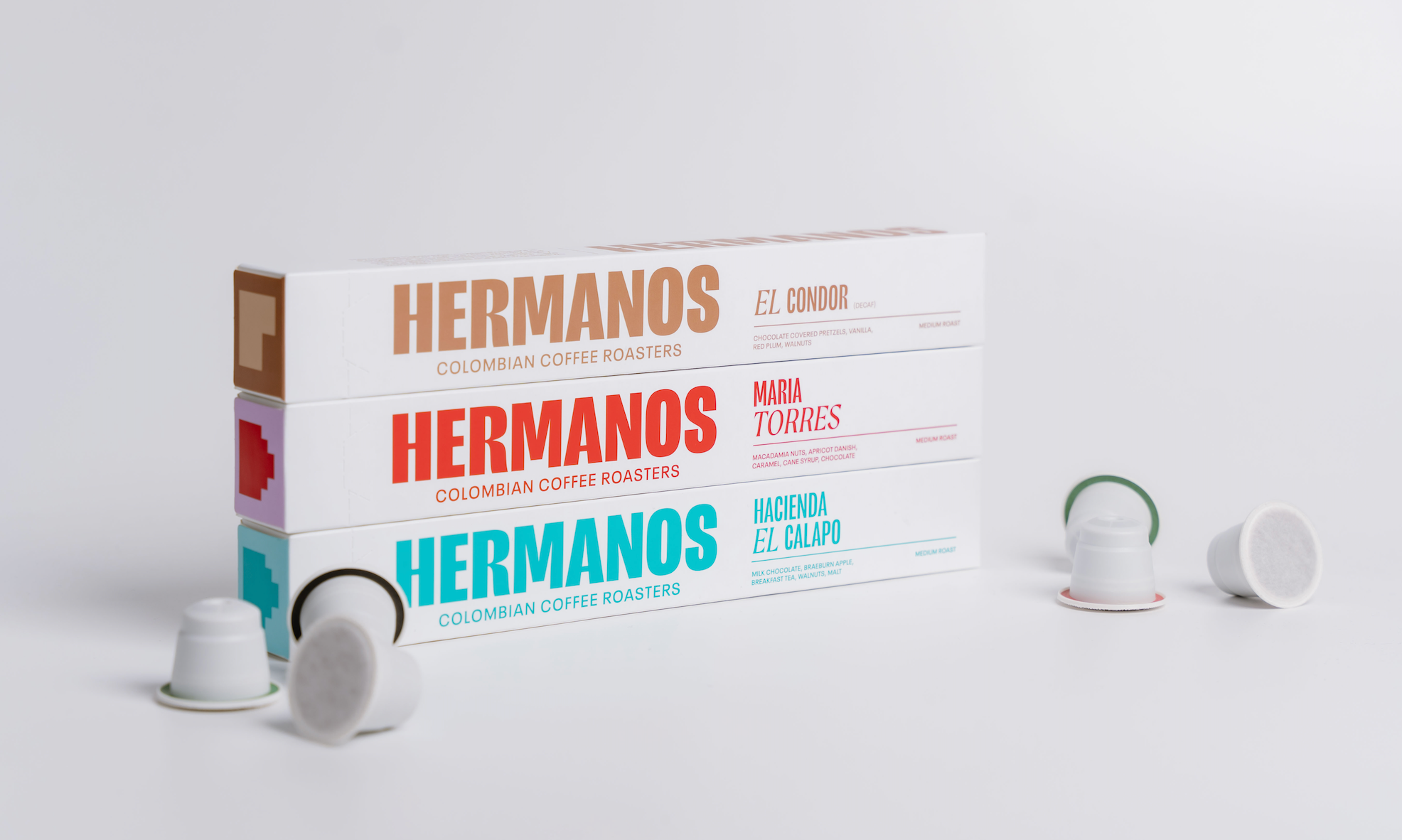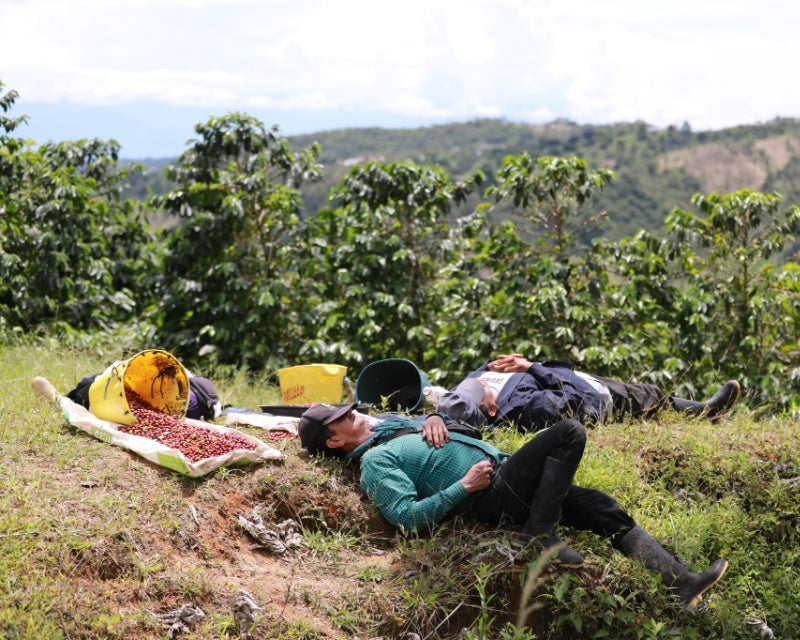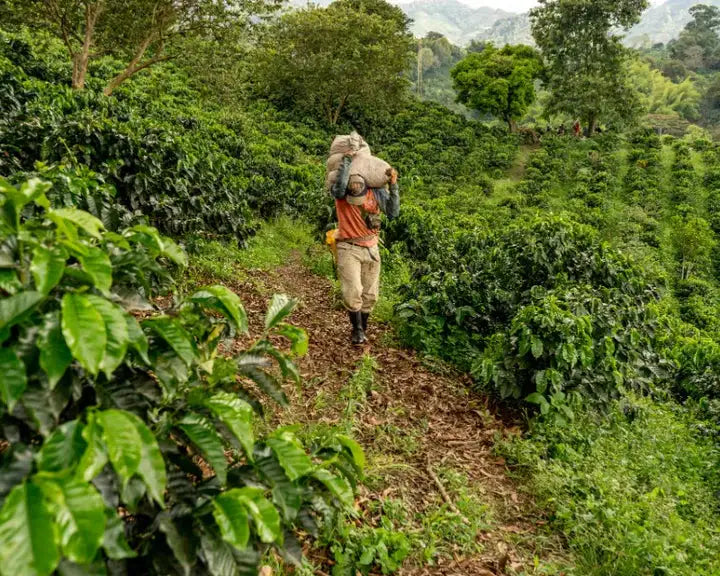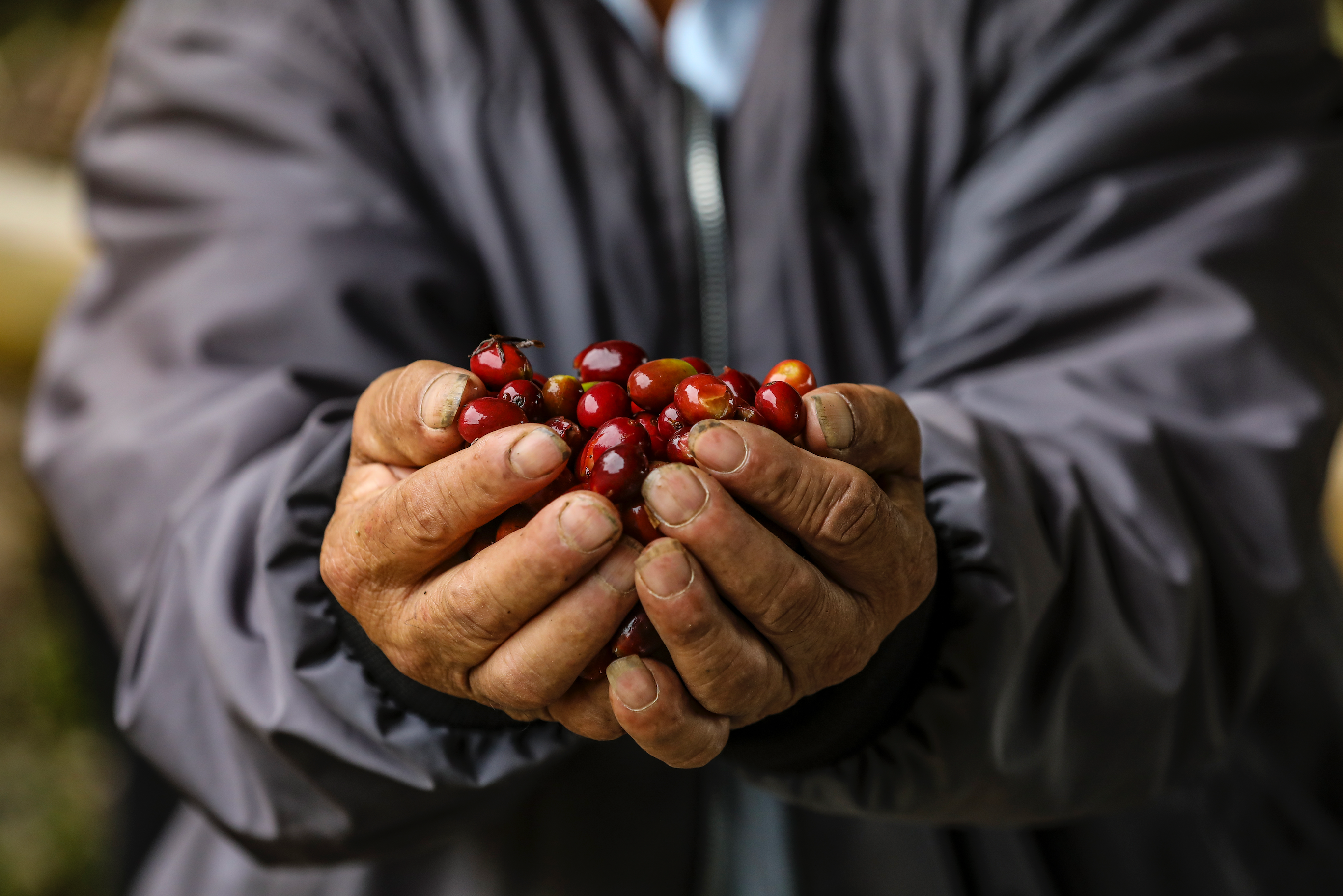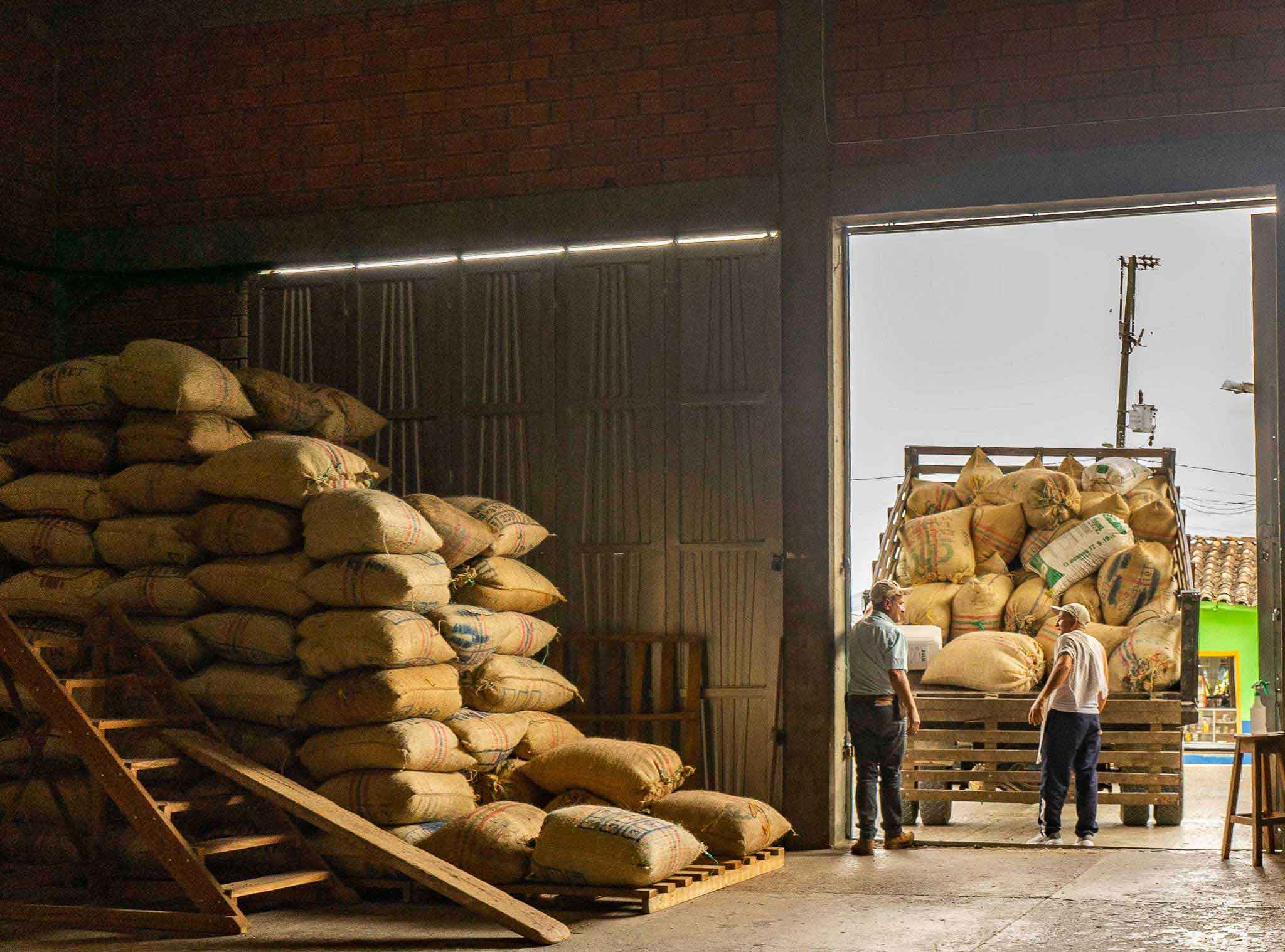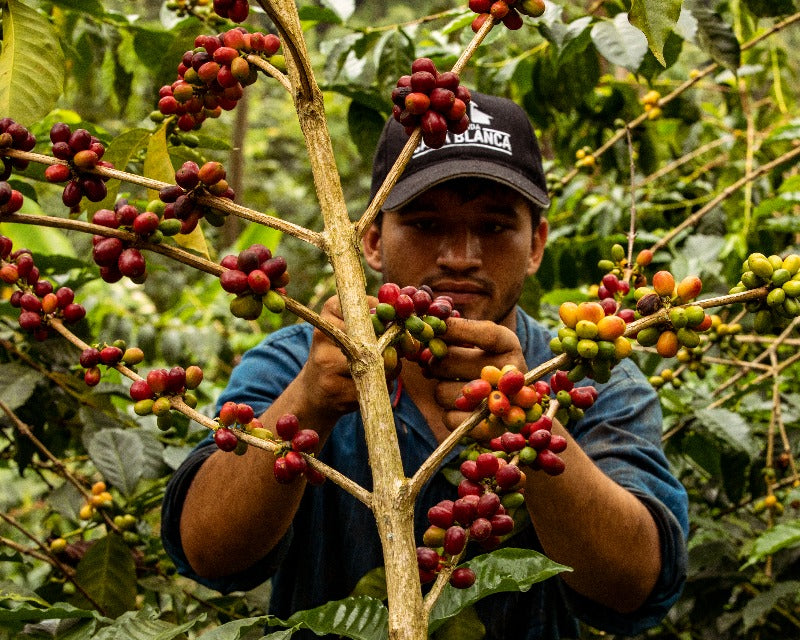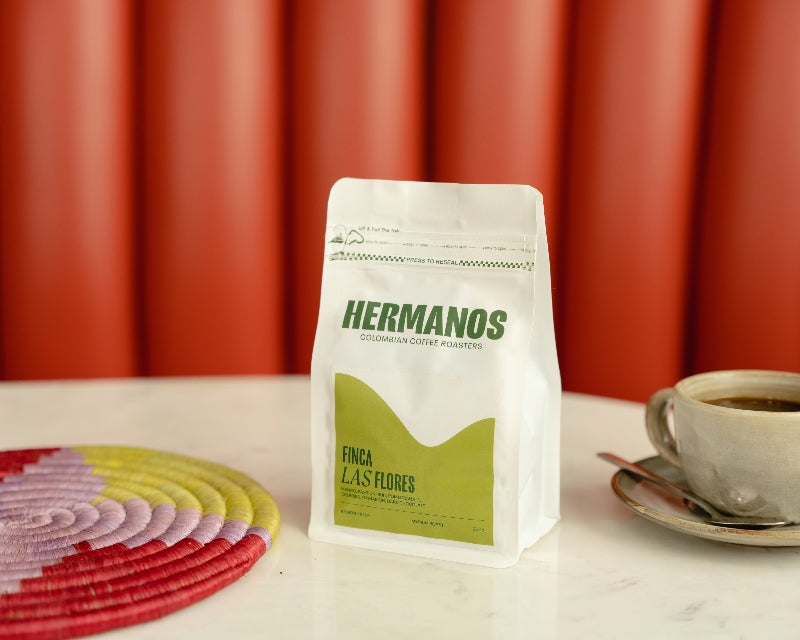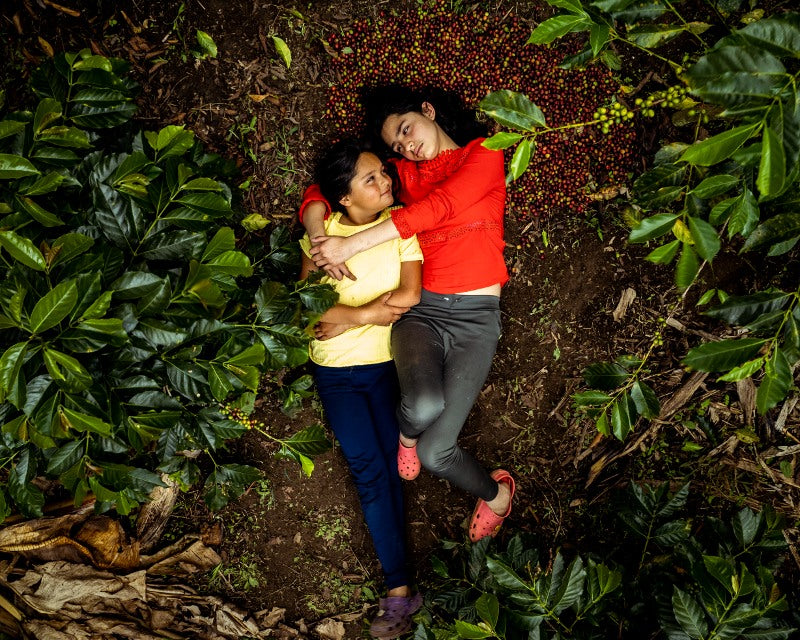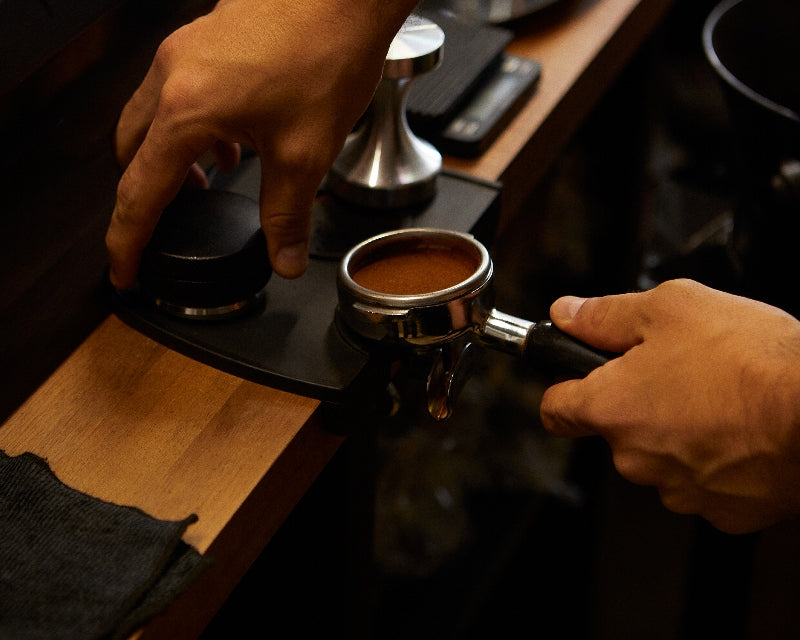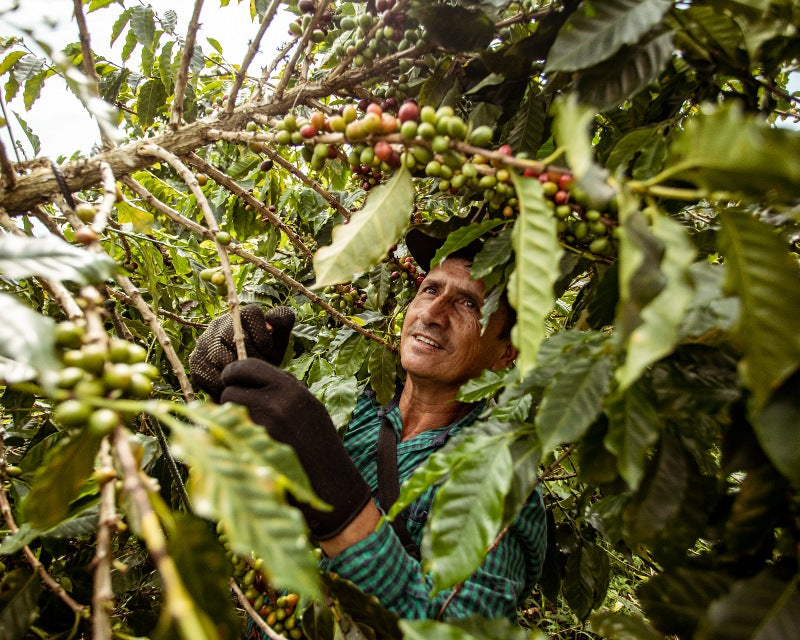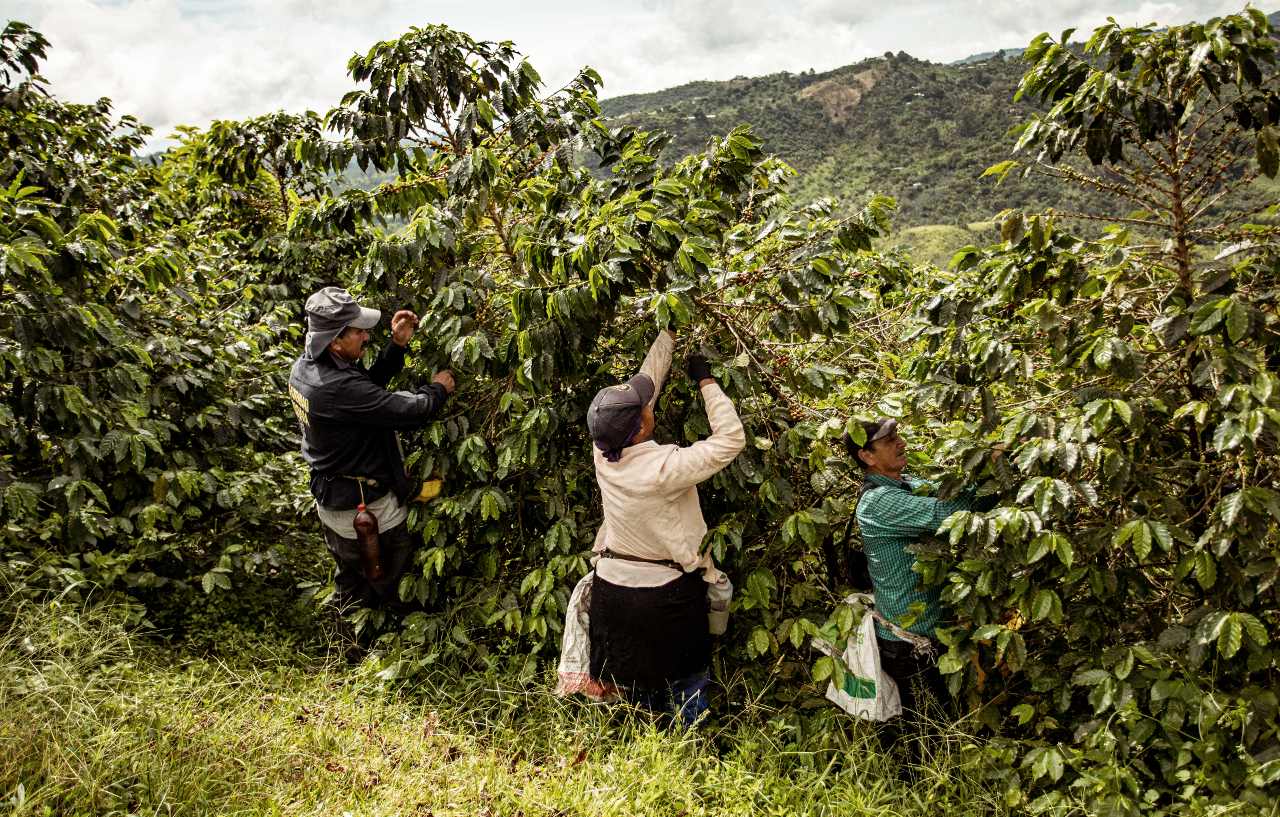If you’re an avid coffee drinker, chances are that you’ve come across the term specialty coffee at least once in the hunt for that perfect cup of coffee. But what truly makes it so special?

What is specialty coffee
All coffees fall into one of two categories – commodity or specialty. Commodity coffee is simply traded to get the job done. Oftentimes, the consumer has no idea where it is grown, how it affects the environment and in short, it just tastes like generic ‘coffee’.
On the other hand, specialty coffee is the exact opposite. It takes shape through a series of skilled steps that begins from the farms where coffee is grown. The farmers work hand in hand with the green coffee buyers and roasters who in turn work with the consumer.
This extensive chain of relationships and traceability enables more conversations from producers to consumers, thus creating coffee that continually evolves to be delicious and sustainable.
It is no secret that farmers are the true artisans of specialty coffee. They exercise great skill and care at every step – from cultivation to export – to ensure that the best qualities of the coffee are preserved.

Who decides what specialty coffee is
While commodity coffees are all about quantity, specialty coffee focuses on quality. All coffees are graded on a 100 point scale. For a coffee to be considered ‘specialty’, it must score at least 80 points.
Organisations like The Specialty Coffee Association (SCA) define and oversee how coffee is graded.
According to the SCA, speciality coffee “refers to the highest quality green coffee beans roasted to their greatest flavour potential by true craftspeople and then properly brewed to well-established SCA developed standards.”
SCA is dedicated to the development and promotion of the specialty coffee industry all over the world. Coffees are assessed based on how they are grown, processed, their fragrance, body, aroma, acidity, and balance. If you brew a good cup of specialty coffee, you should be able to taste a drink that has multiple aromas and flavours.

What makes specialty coffee different
Coffee quality
The first thing that comes to mind when thinking about specialty coffee is its advanced quality.
The coffee plant itself is incredibly unique. Specialty coffee is made up exclusively of a family of varieties under the Arabica species. Coffea Arabica is a delicate plant that has to be grown at an altitude so only countries with corresponding climes like Colombia, Ethiopia, Brazil are known for producing specialty coffee.
If the seed is planted in the wrong climate, soil or altitude, the coffee will lose its specialty certification.
Specialty coffee has a rich and crisp flavour, and this comes not just from the quality of the specialty coffee plant and beans, but also from the hard work and dedication of its farmer.
Farmers must take extra care to ensure that the beans are harvested at the right time to achieve maximum flavour from them.
The beans should then be delivered swiftly to the mill to preserve their freshness and potential. They must be carefully processed and dried evenly, sufficiently, and at the correct speed to ensure its specialty grading.

Coffee roasting
The role of a coffee roaster is extremely crucial in developing a balanced and rich flavour profile of the coffee. Interestingly, they do not completely adhere to the age-old formulas of coffee roasting.
Specialty coffee roasters are known to roast the beans lighter, thus maintaining and bringing out diverse flavours that may otherwise be hidden. This allows consumers to enjoy subtle flavours like blueberries, milk chocolate, honey, star anise, cane sugar, and more in their cup of specialty coffee.
There is more to the world of specialty coffee than meets the eye. The various types of specialty coffee are redefining what coffee as a whole signifies and in the process are creating an industry that is more connected and passionate than ever before. Armed with morals such as transparency while selling coffee and overall upliftment of the coffee community, specialty coffees could very much be the standard going forward into the future.

Globally conscious coffee
An increasing inclination towards global ethic consciousness can be witnessed in today’s coffee industry. Spearheading this movement is none other than specialty coffees.
The history of coffee is, sad to say, a bleak one. Farmer oppression, widespread poverty and slavery are just a few of the dark sides of the coffee industry. Thankfully, the worst is behind us, and specialty coffee is part of that change.
Specialty coffee is sourced differently. Specialty coffee roasters and businesses often participate in direct trade. By going to the farms themselves and making direct deals, they are able to secure better wages for the farmers and can build long-term relationships with them.
Research has shown that the direct trade model will go a long way in raising the bar for coffee quality by encouraging greater sustainability and increasing prosperity for the farmers and traders.

Hermanos specialty coffee
Here at Hermanos, we take pride in being one of the best specialty coffee brands in London and have always strived to deliver the highest quality of ethically sourced coffee to our customers.
Now, you may have noticed that despite selling only specialty Colombian coffee with gradings all above 80, we do not display these numbers.
The reason for that is simple.
We believe that taste is subjective and the “best” coffee is simply the one you like the most. By not listing the scores, our consumers’ judgement of the coffee will be impartial and guided only by their tastebuds and preferences.
In our opinion, that is the true spirit of specialty coffee.

















